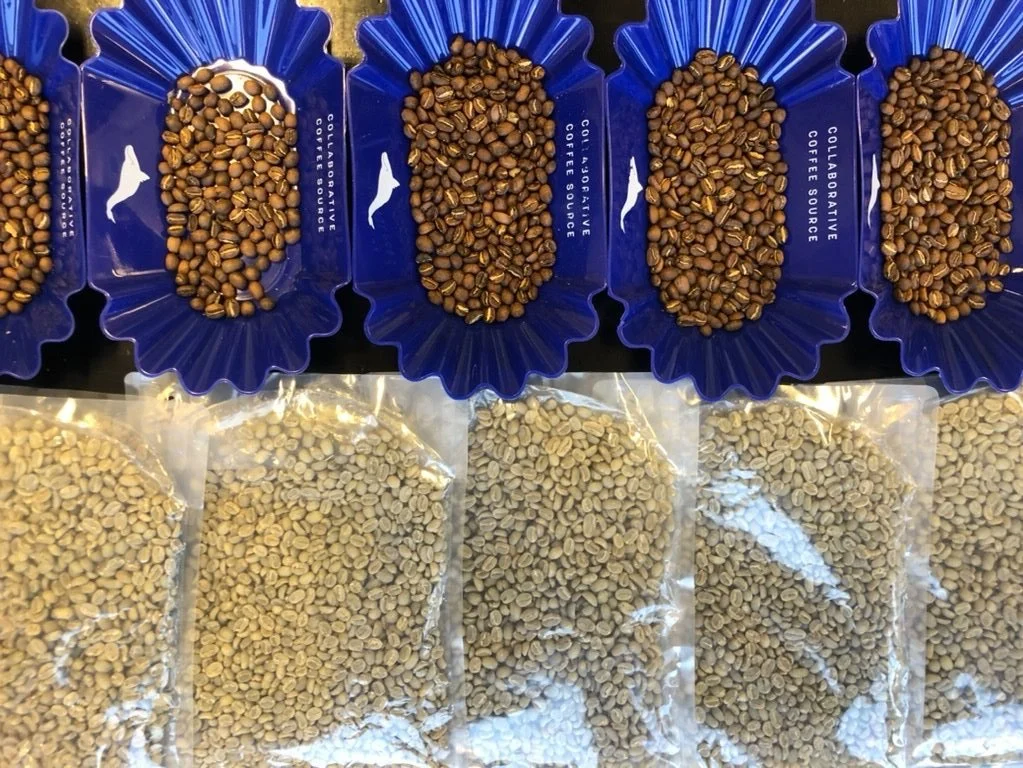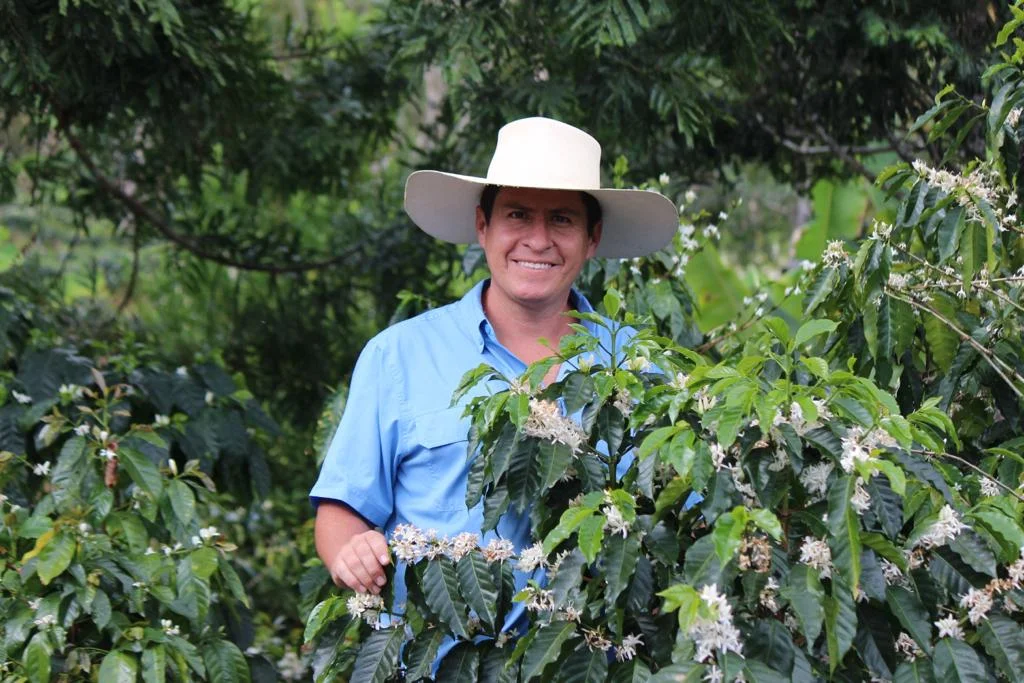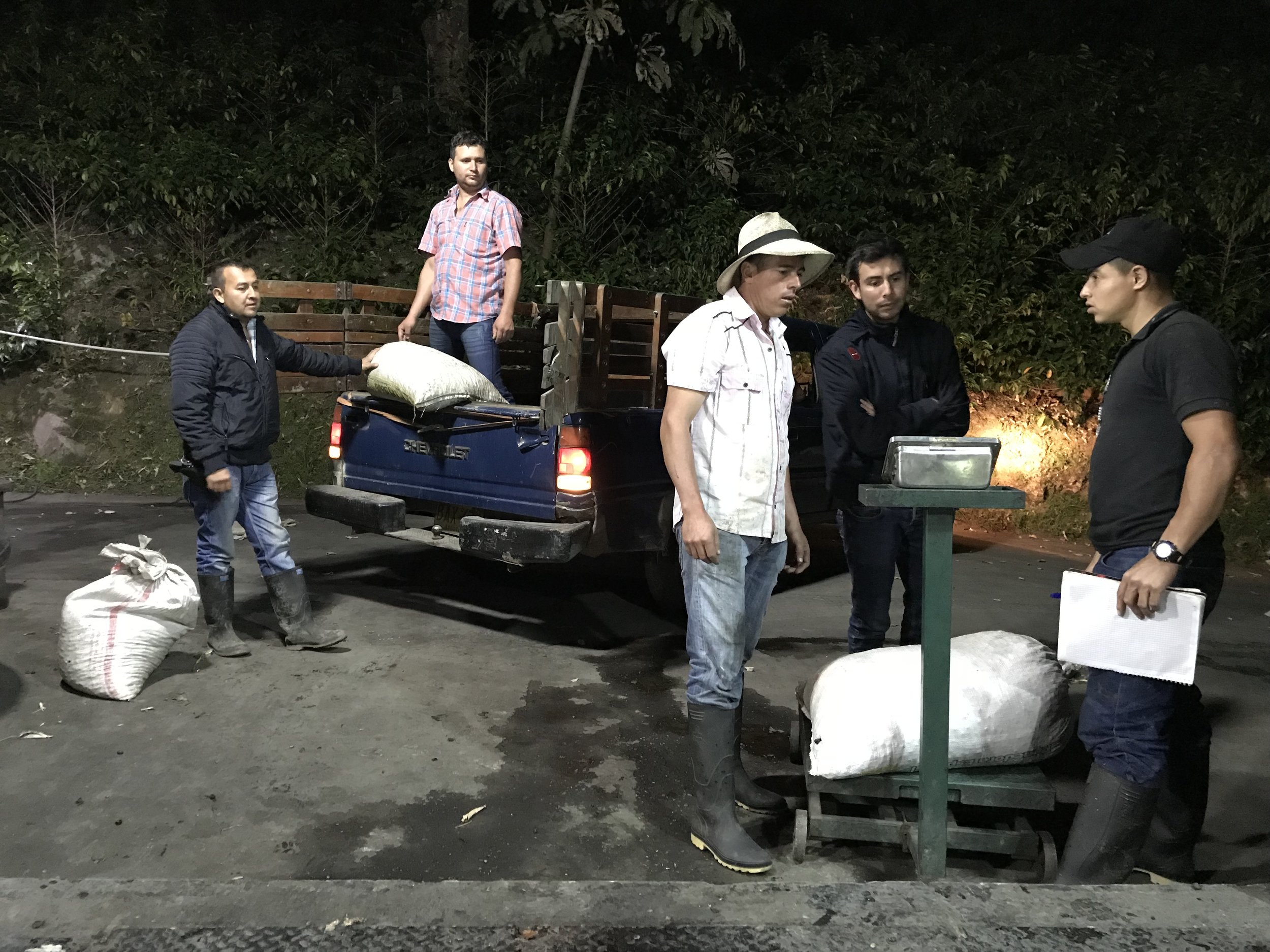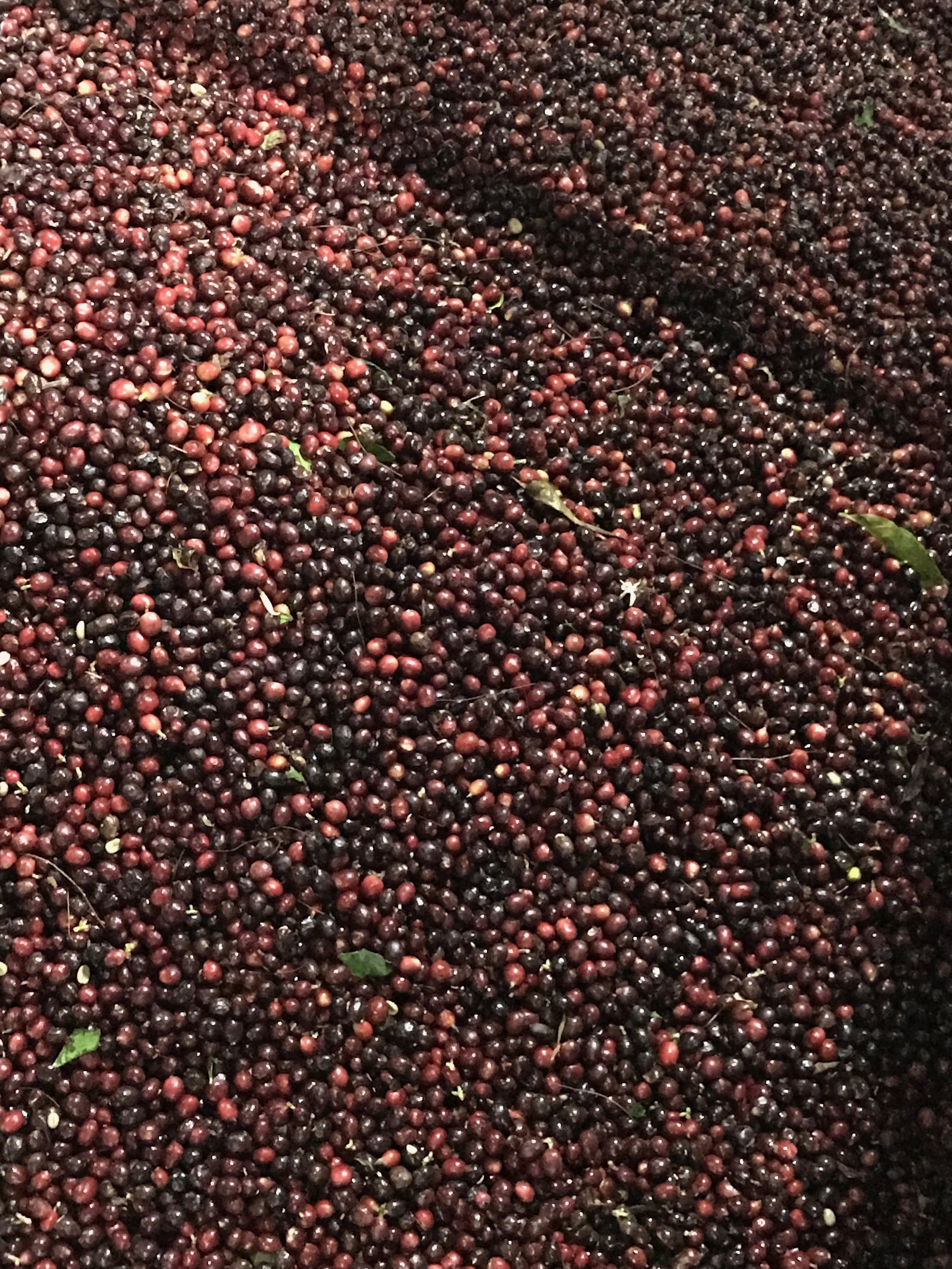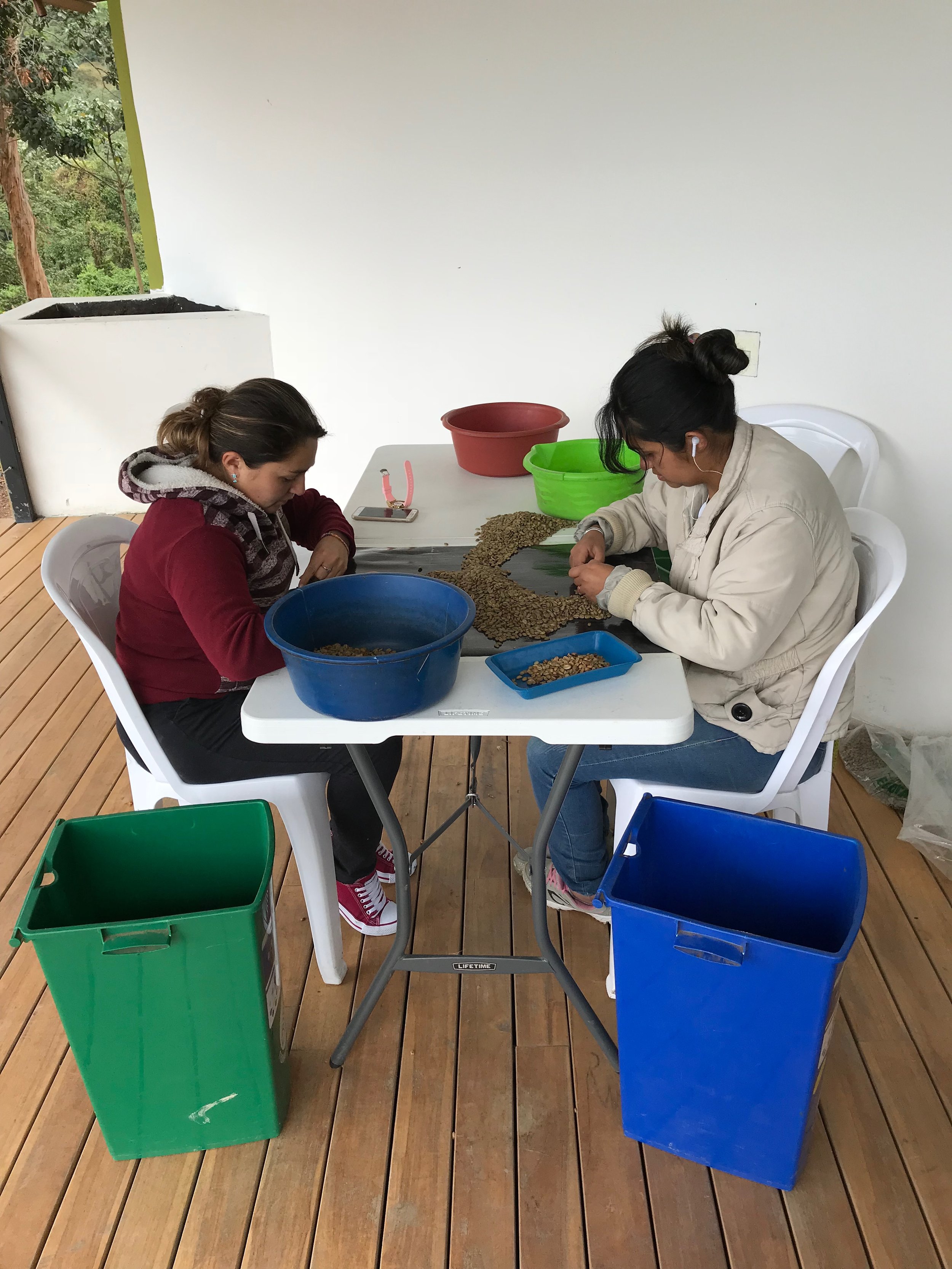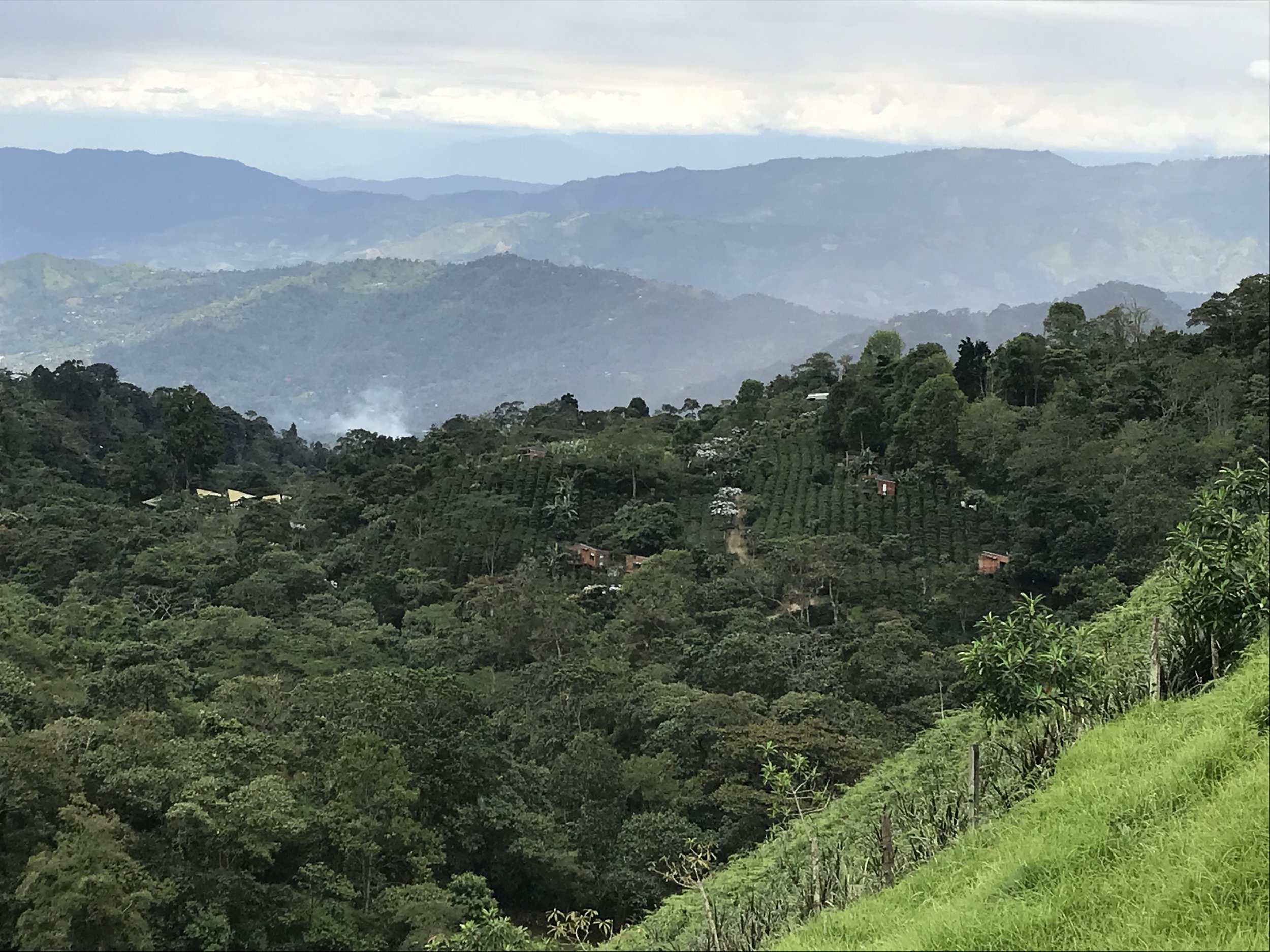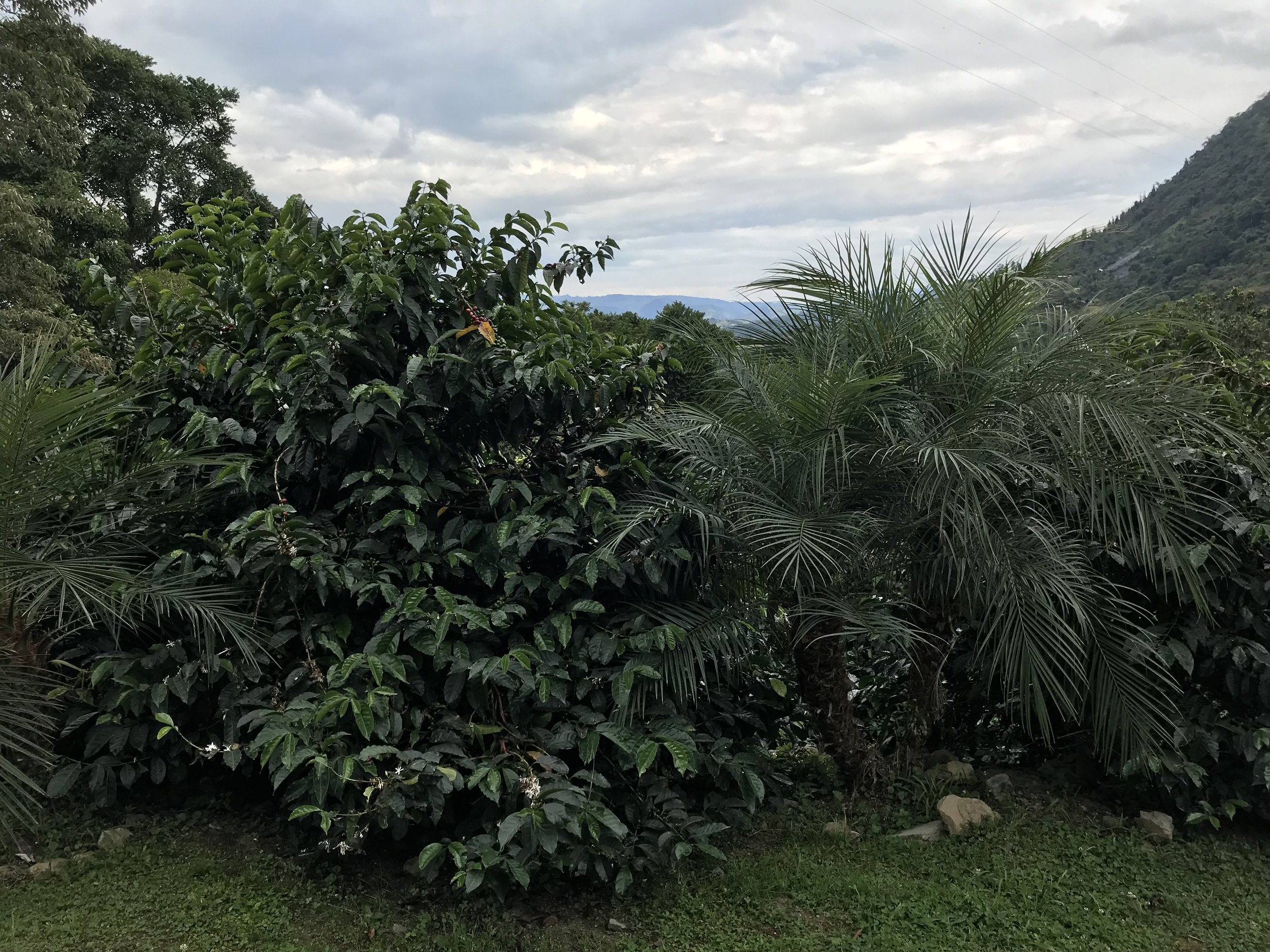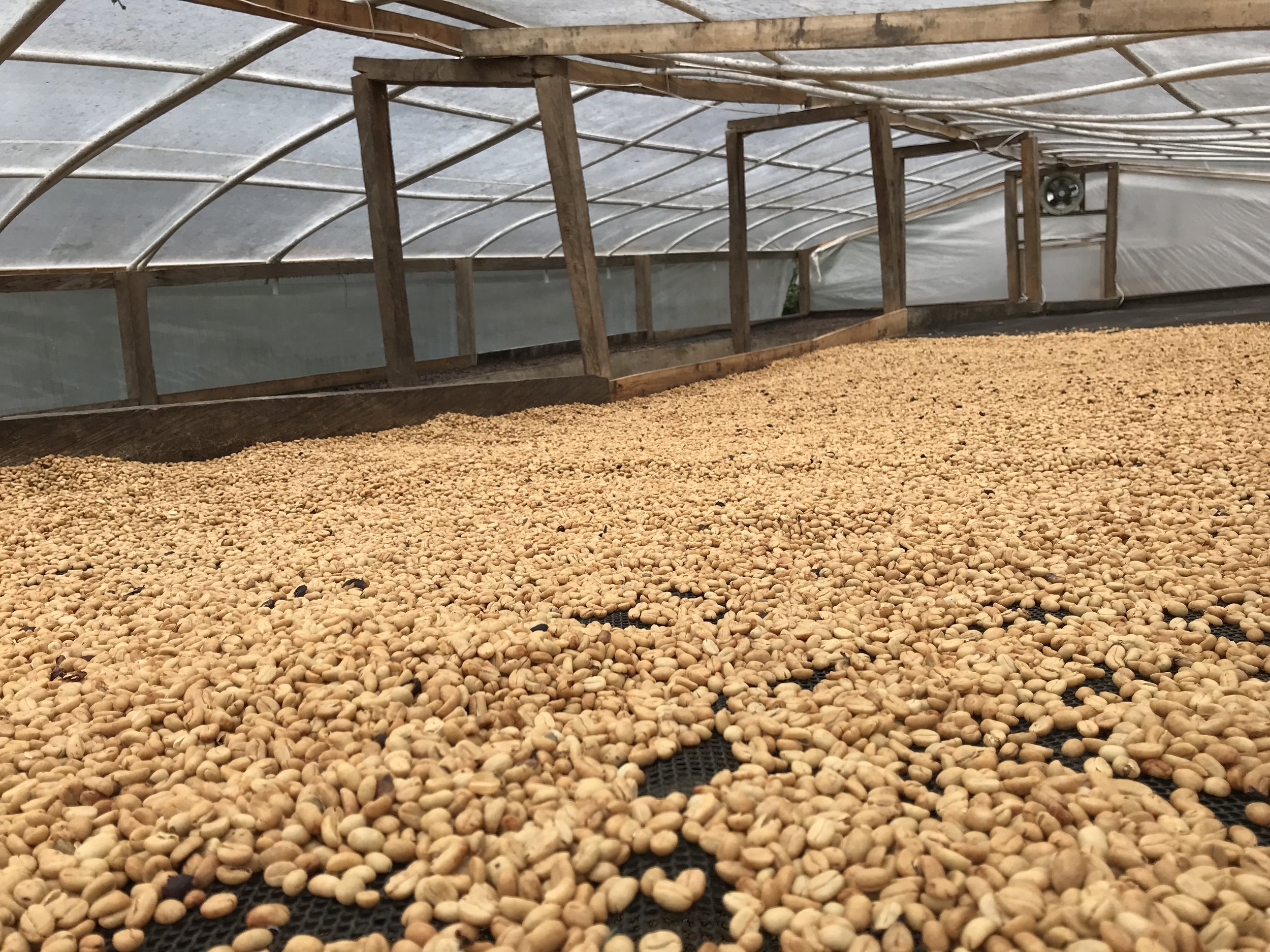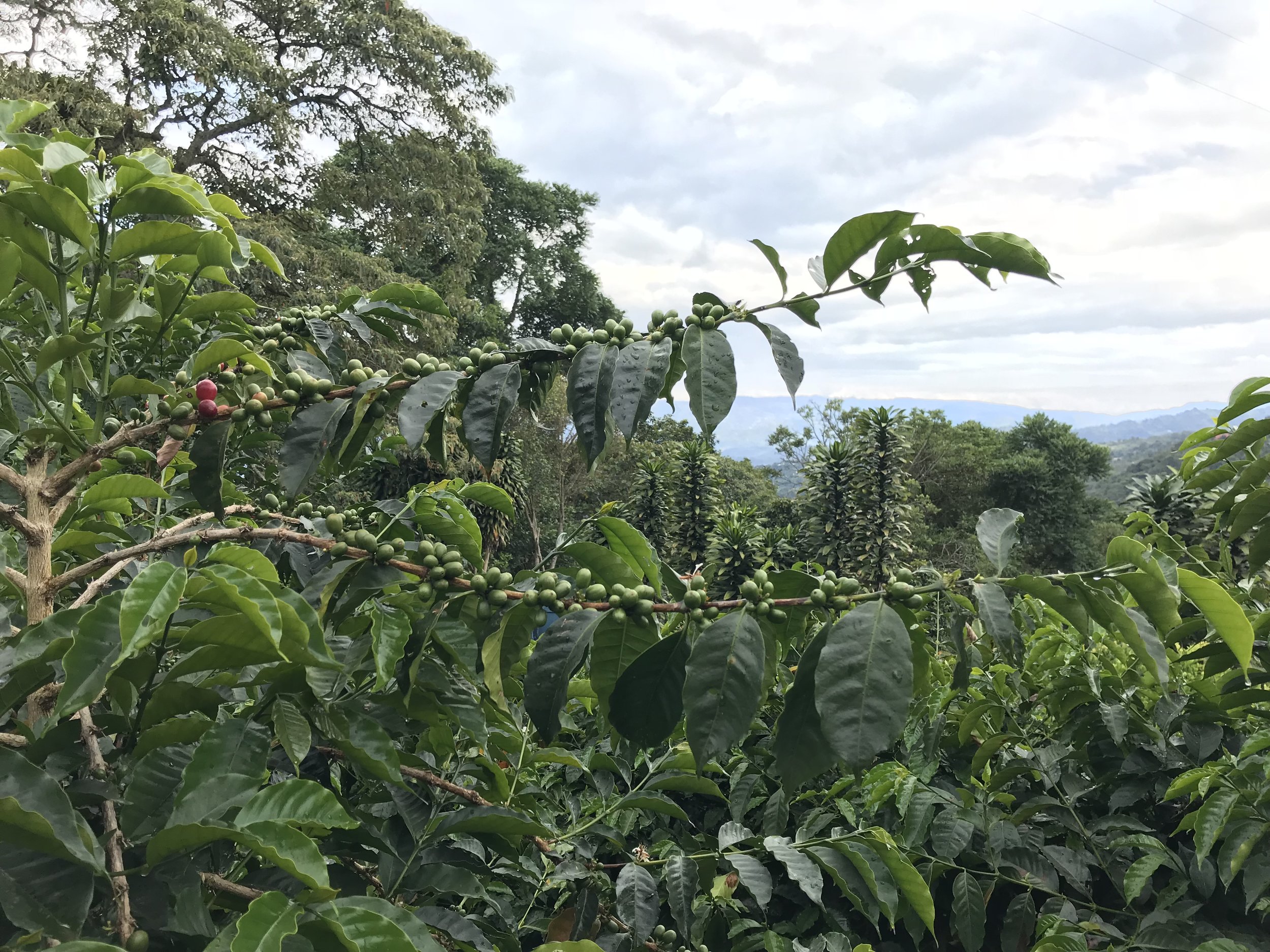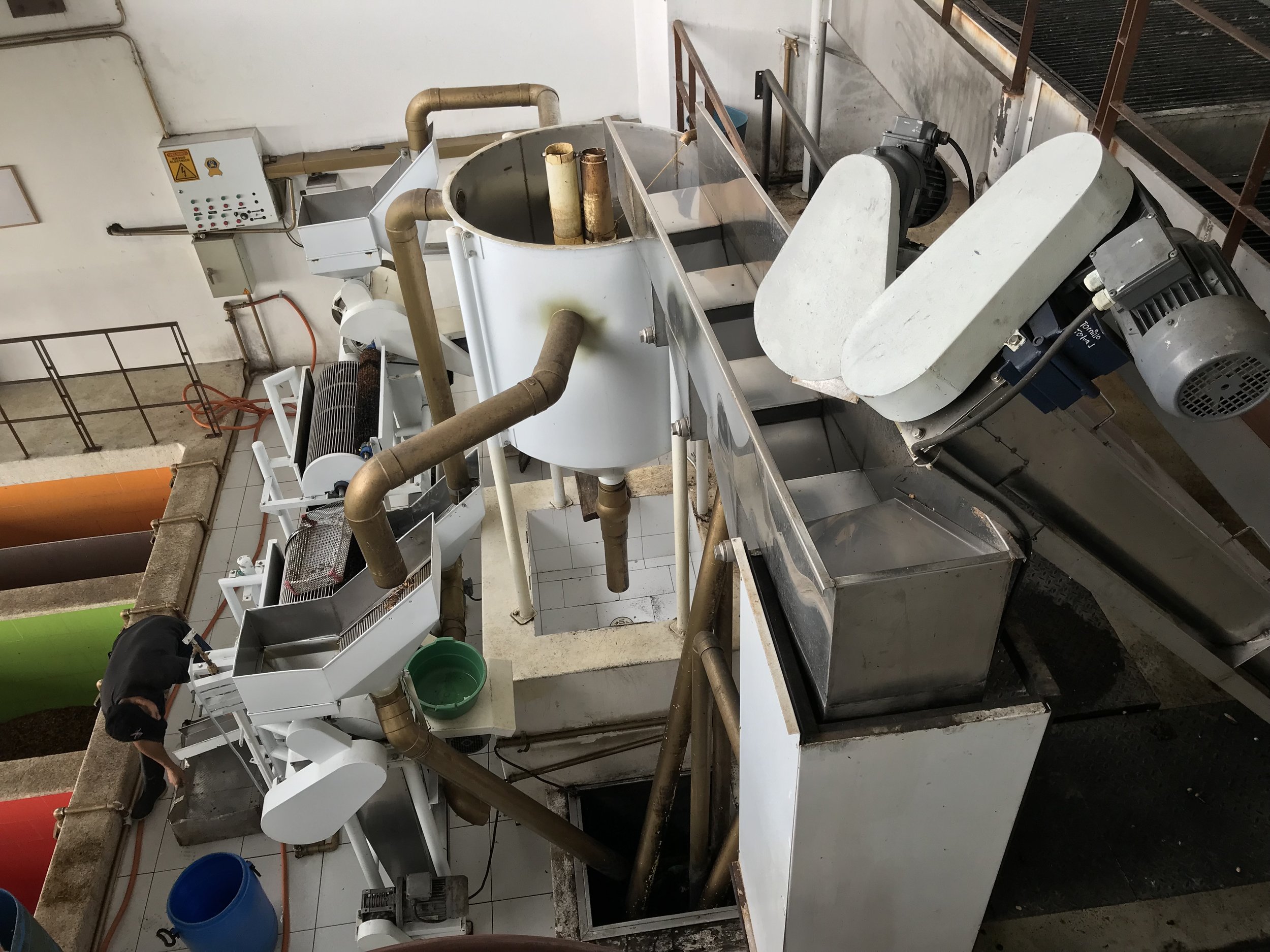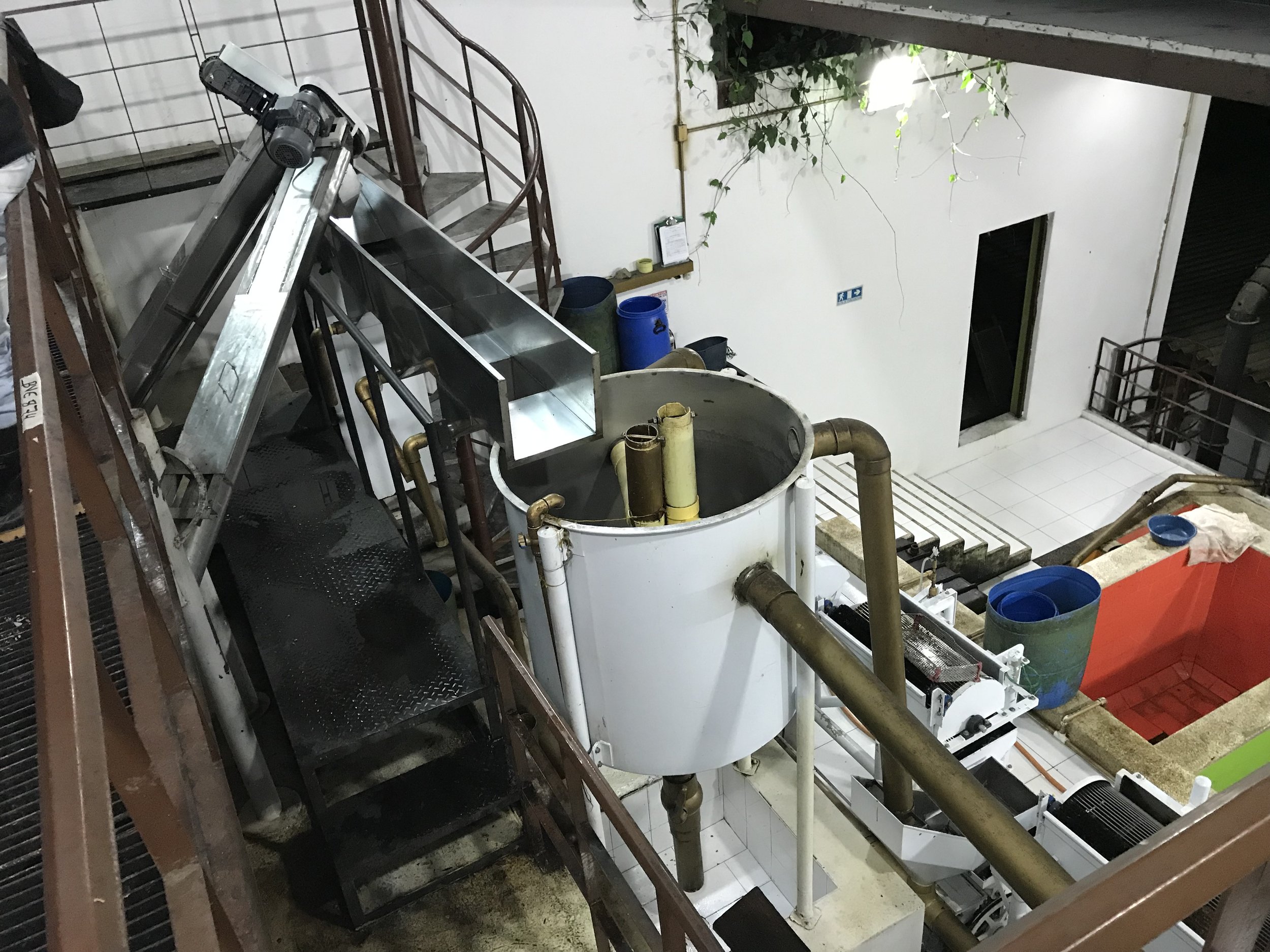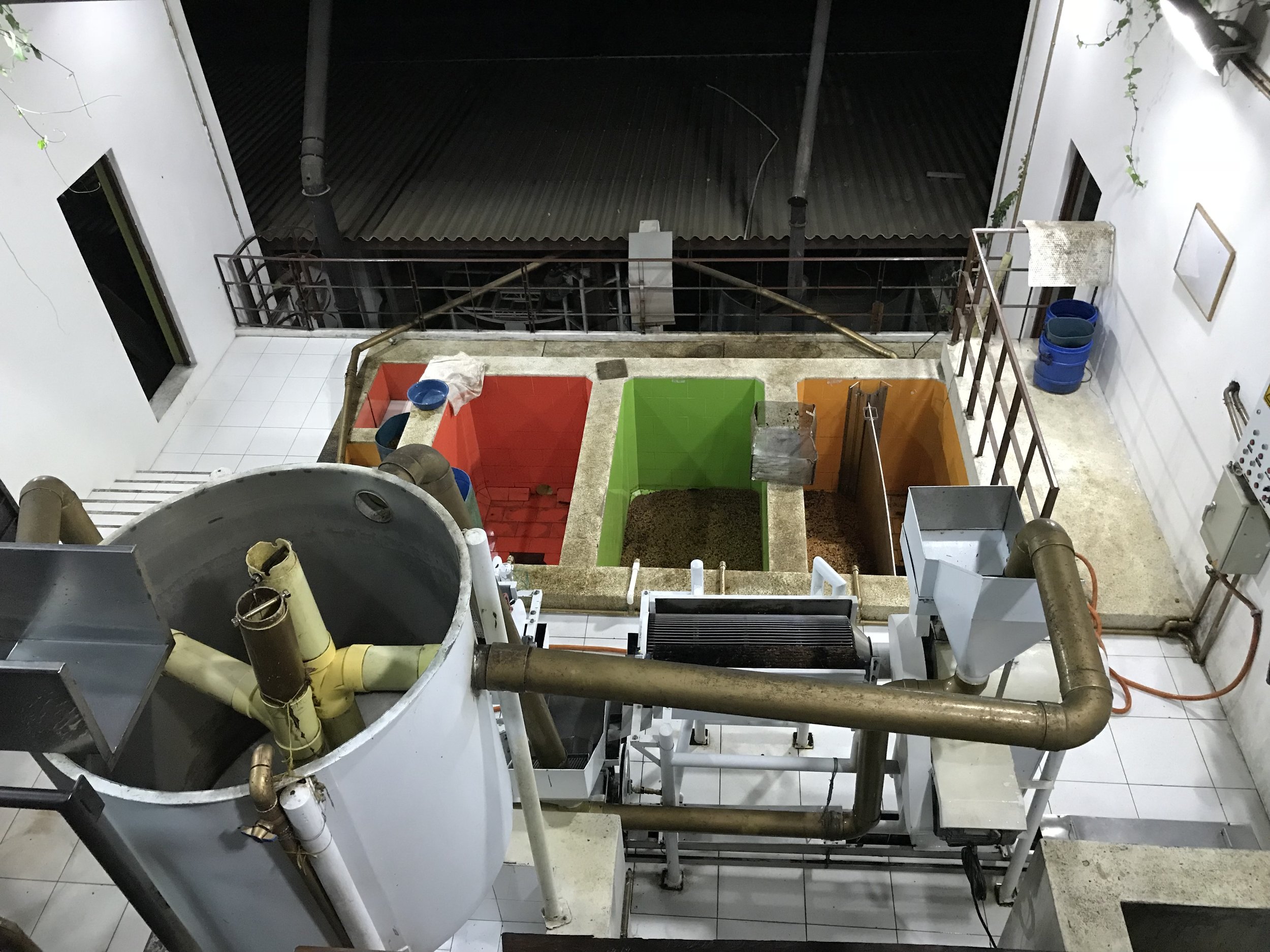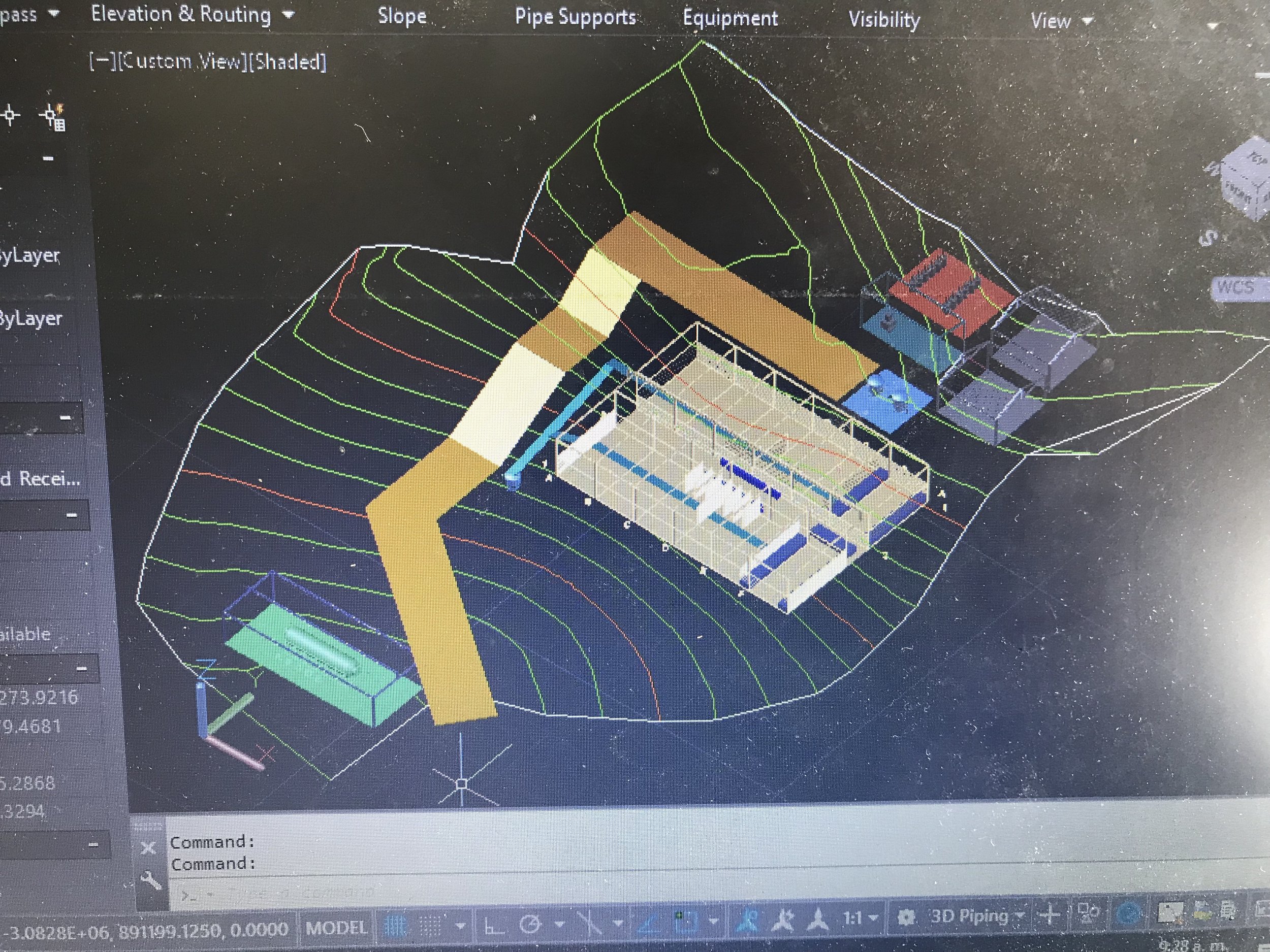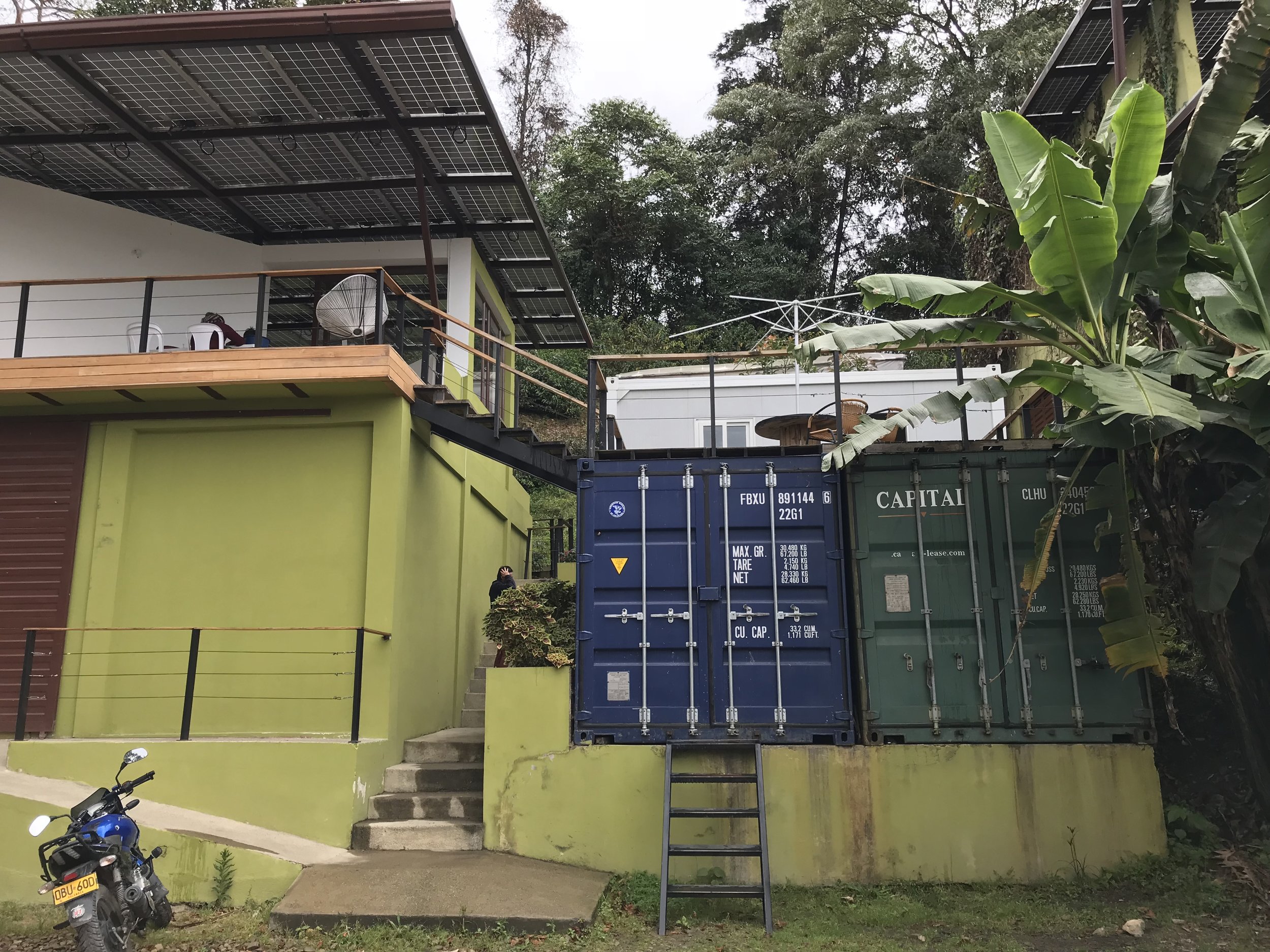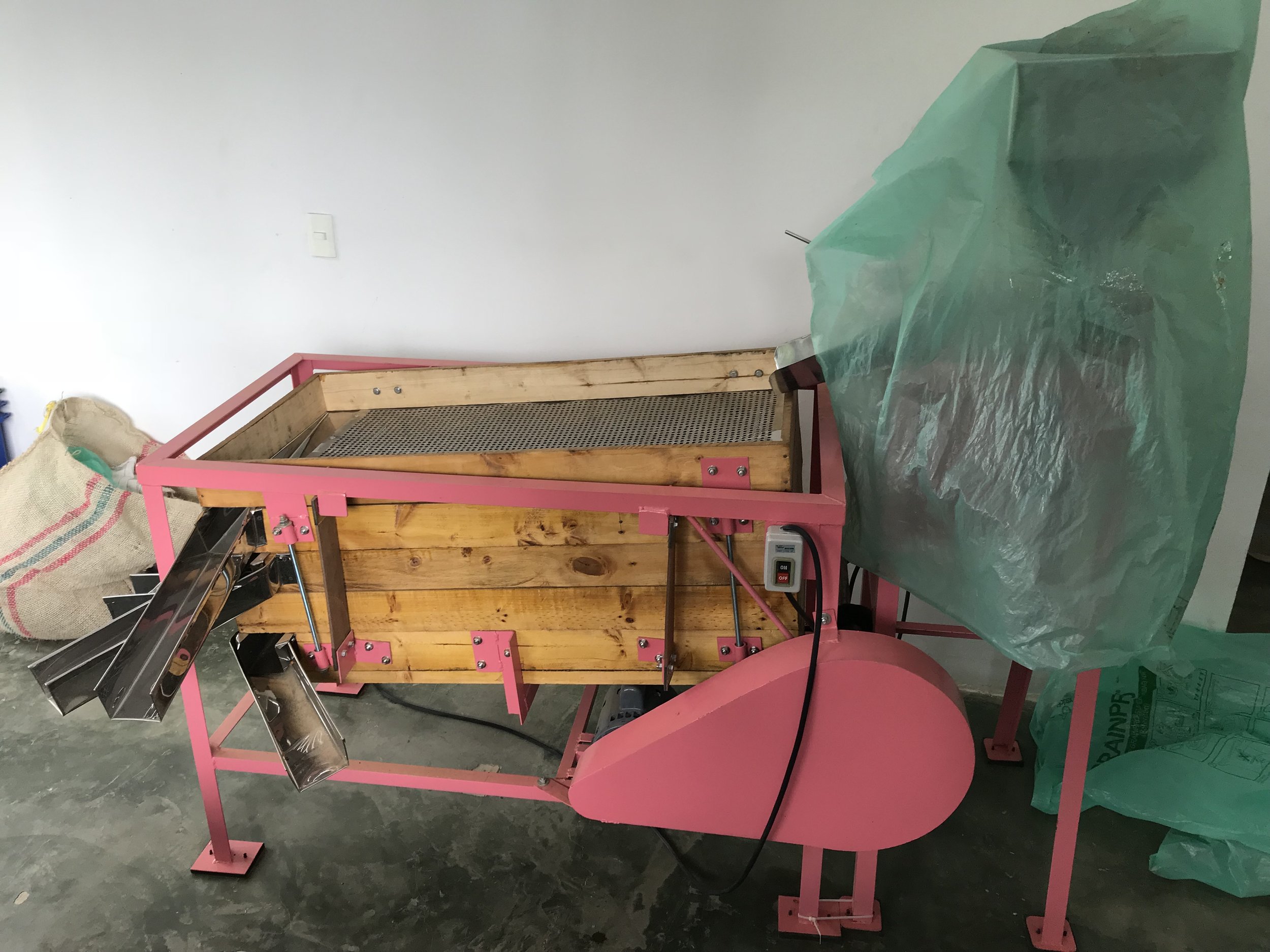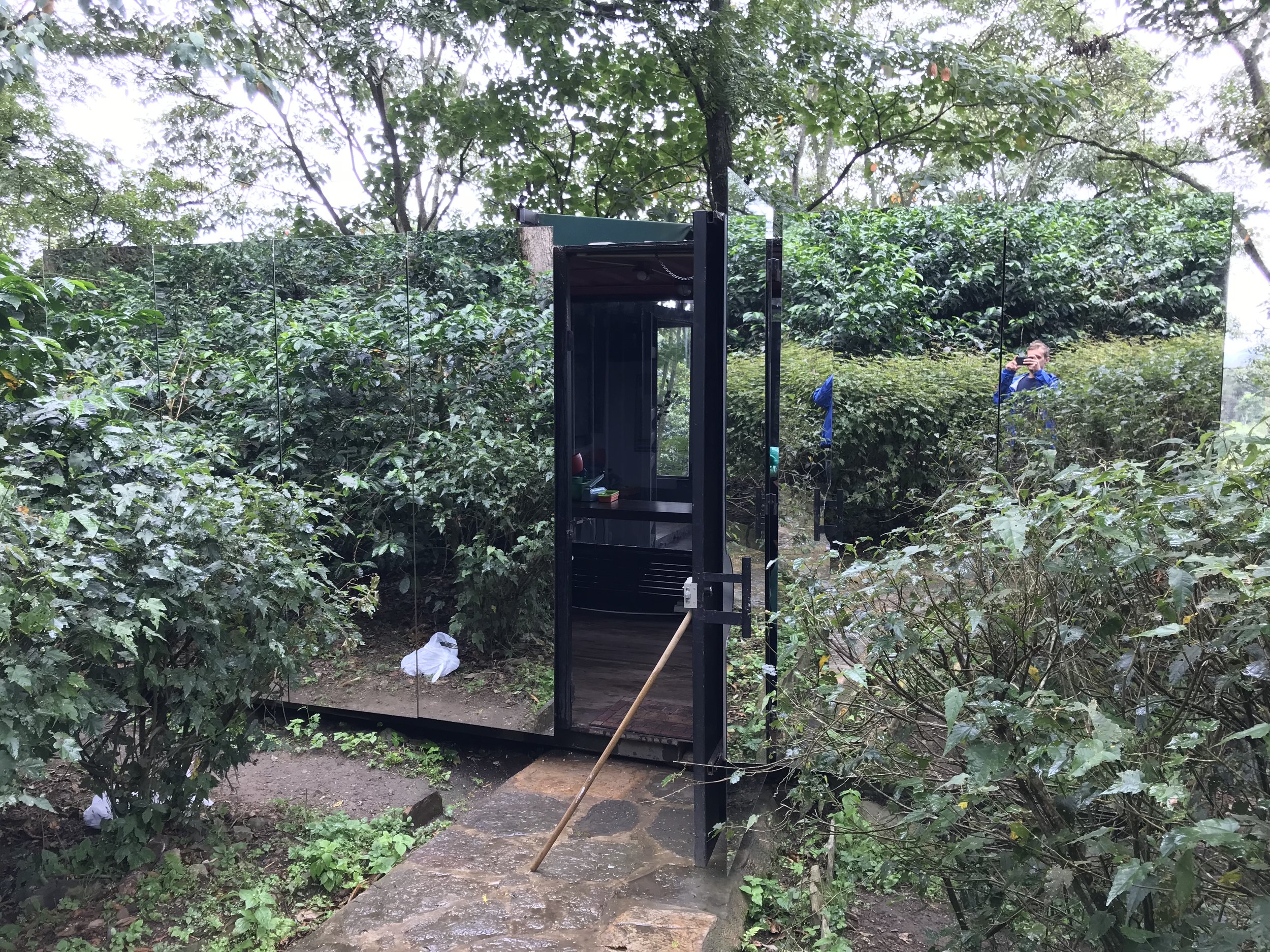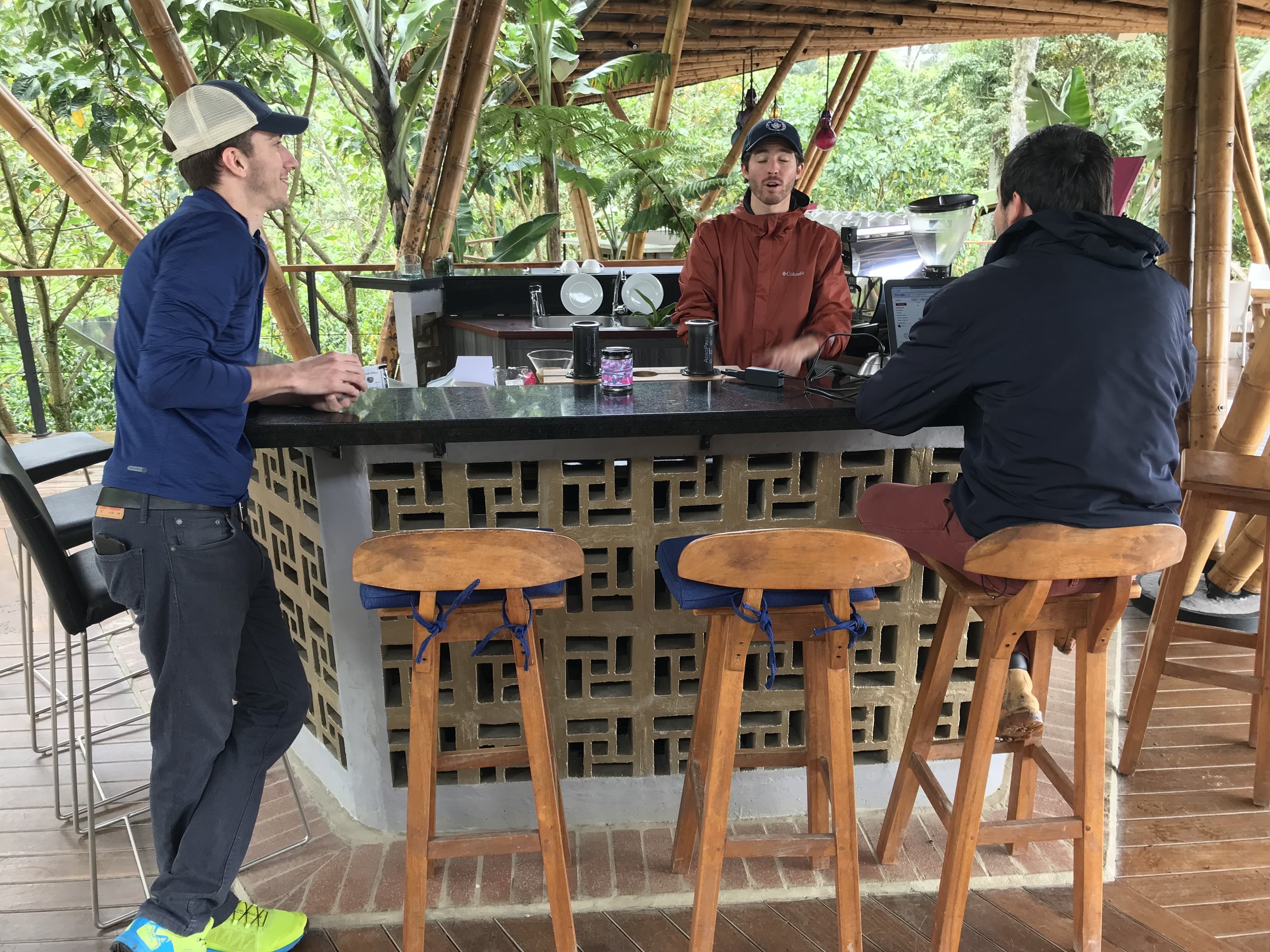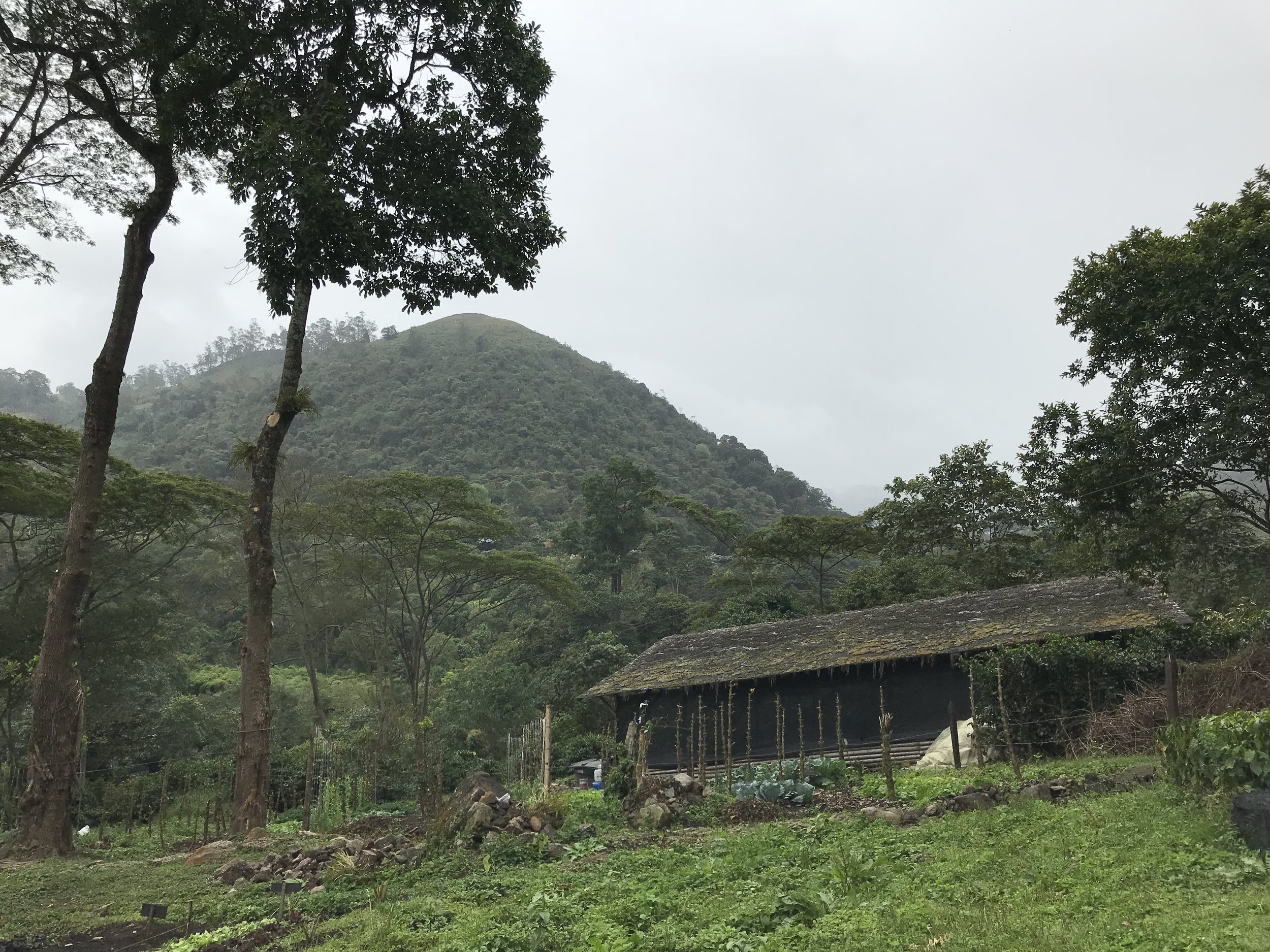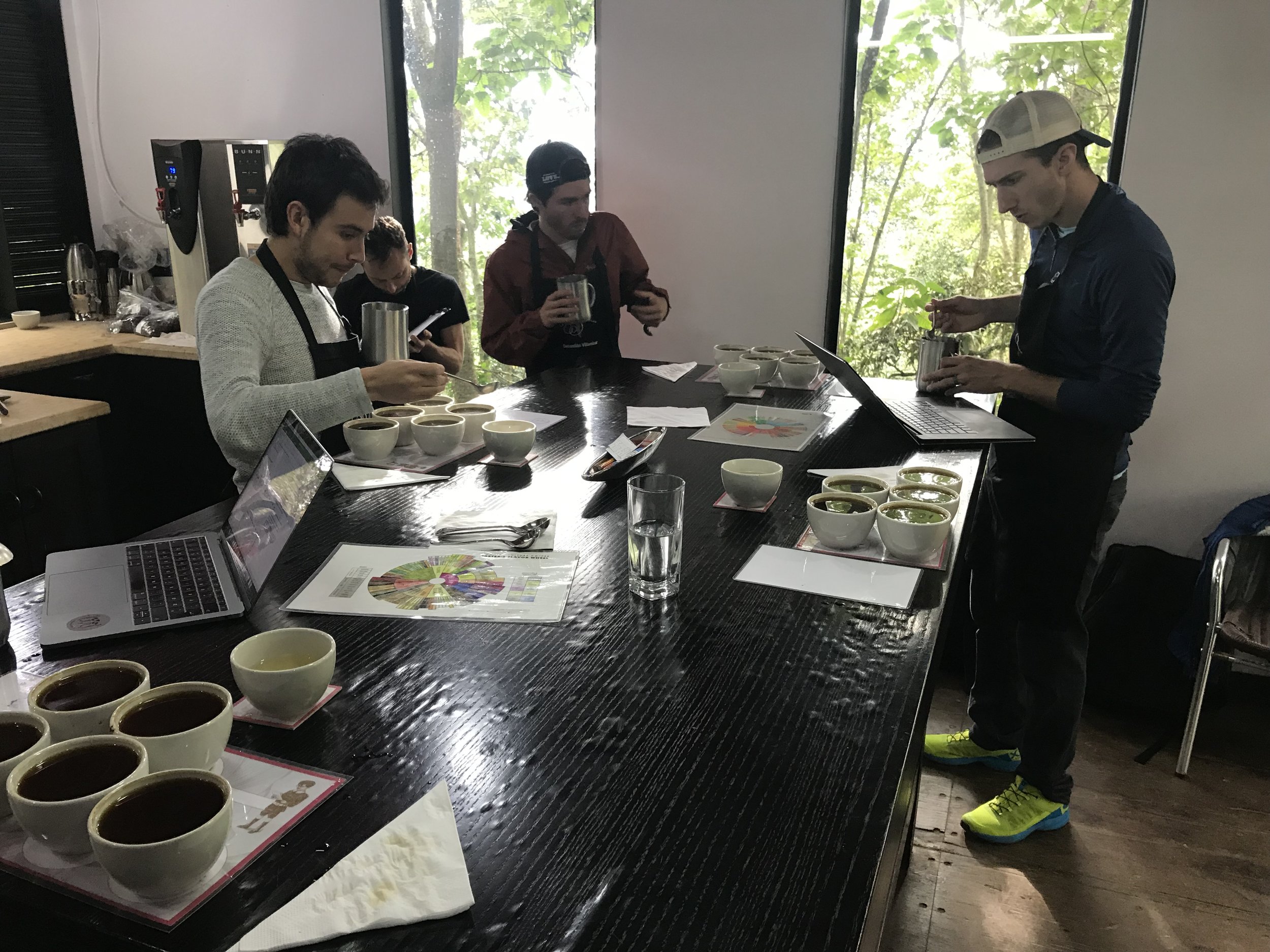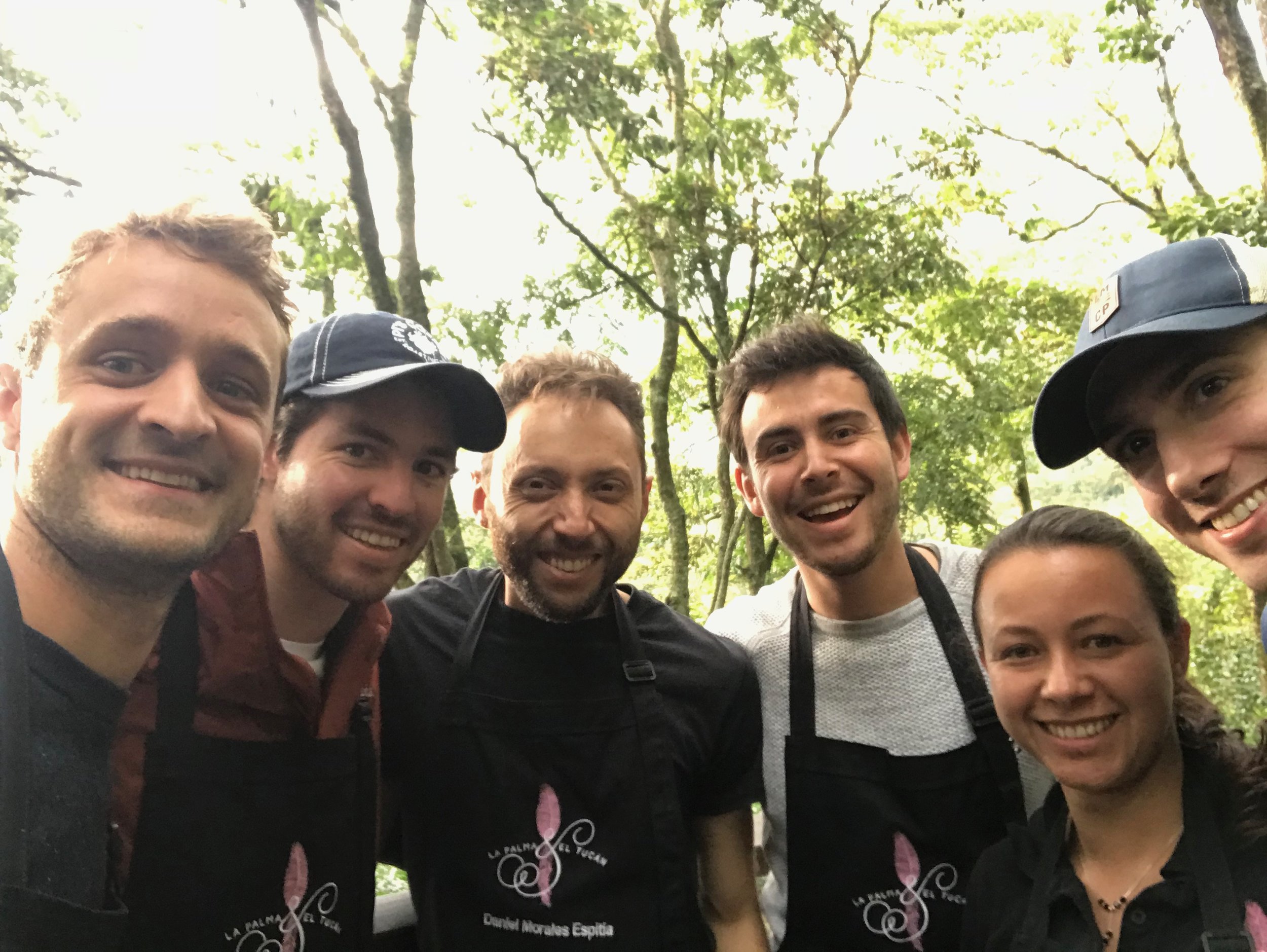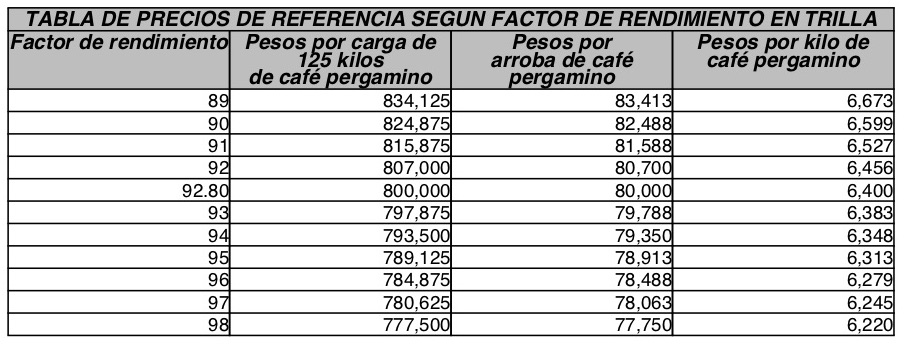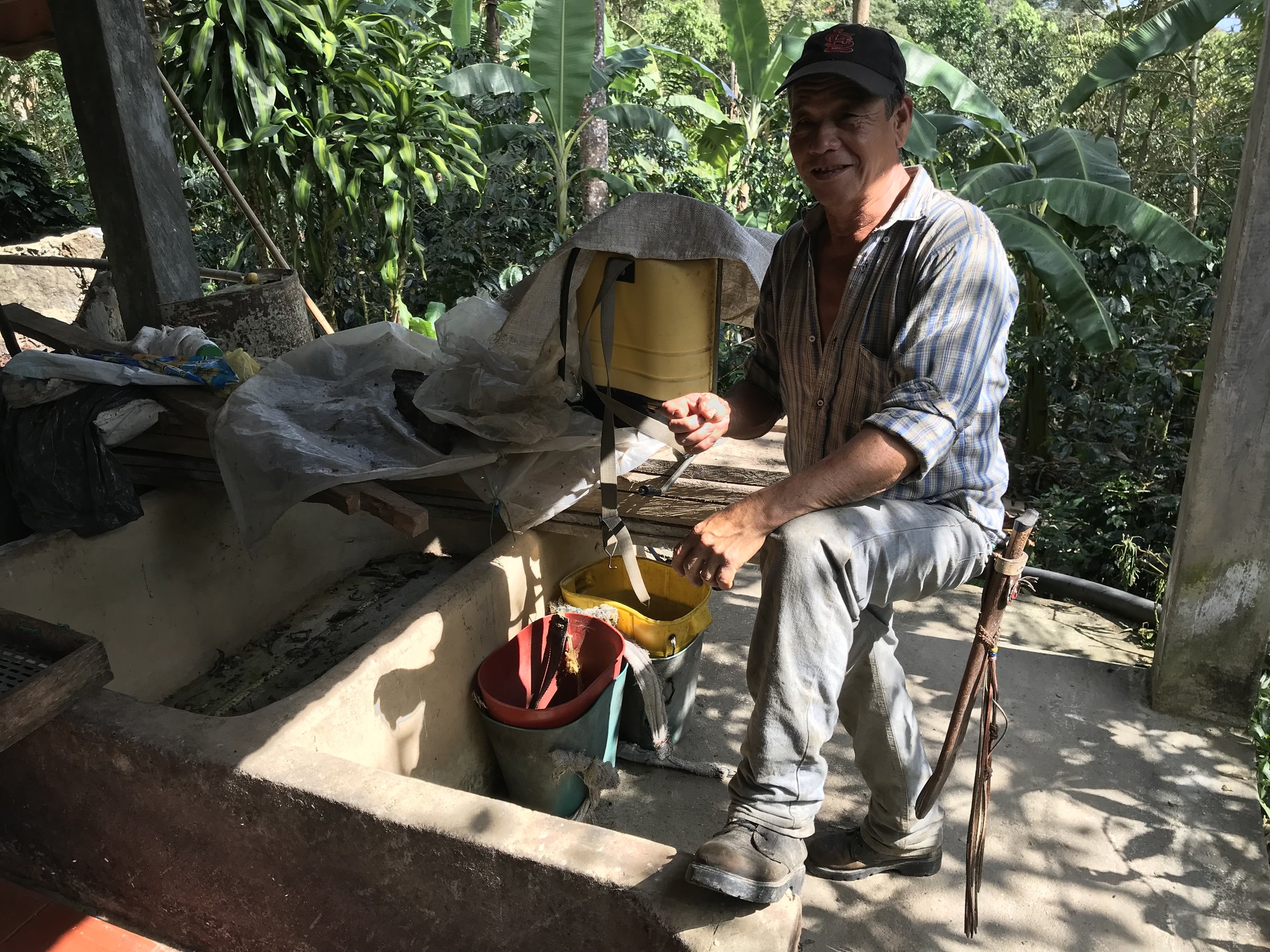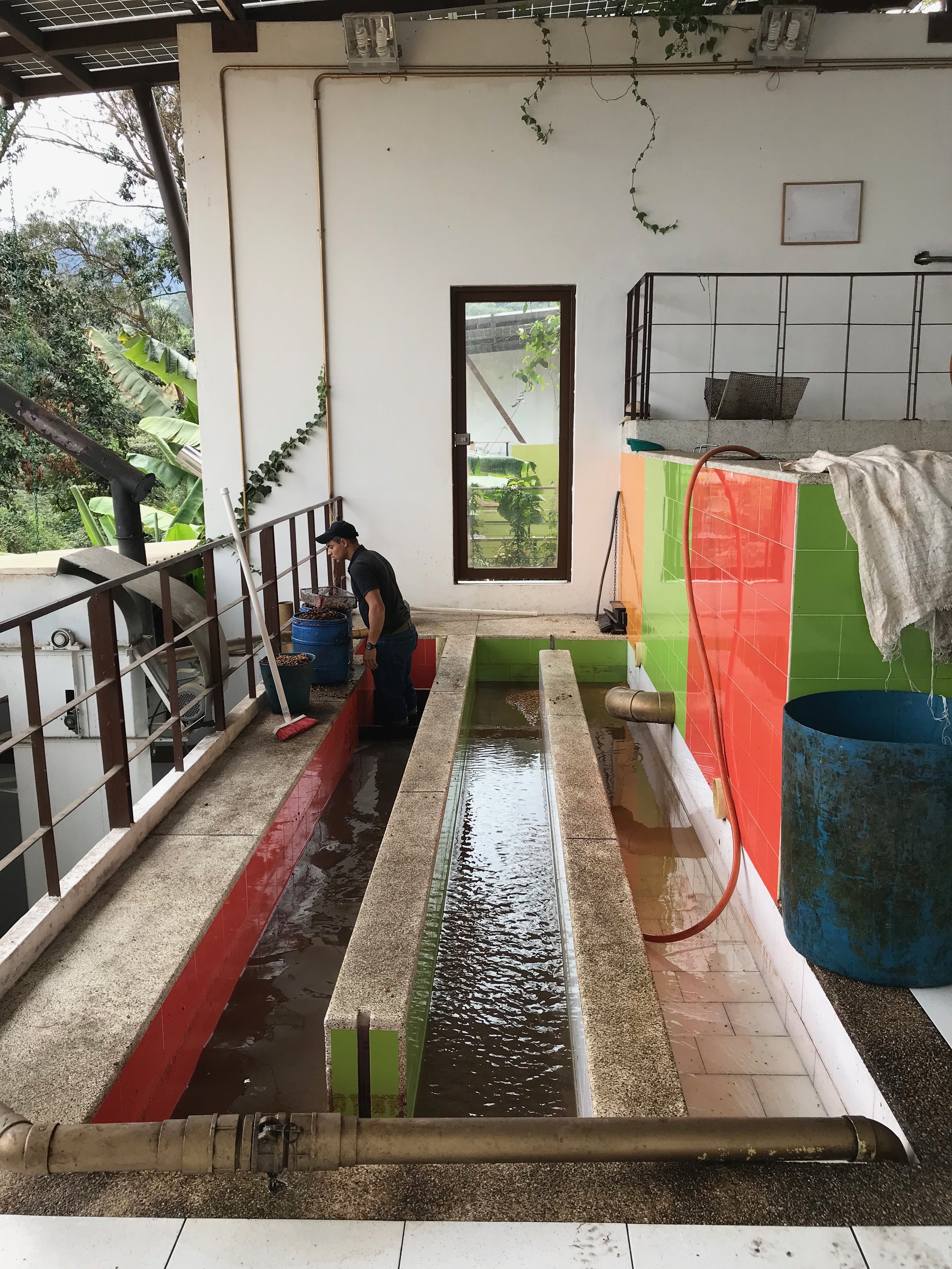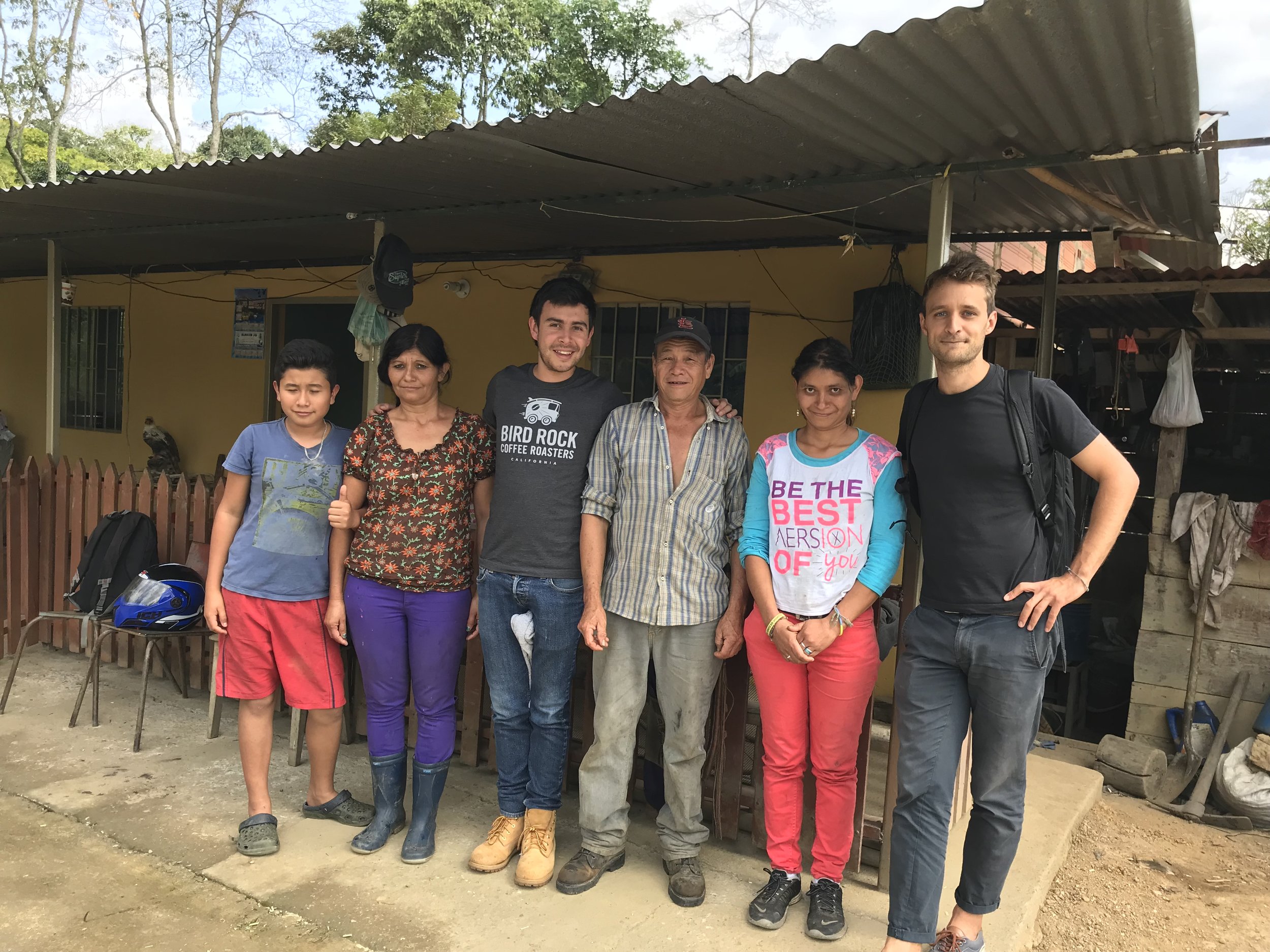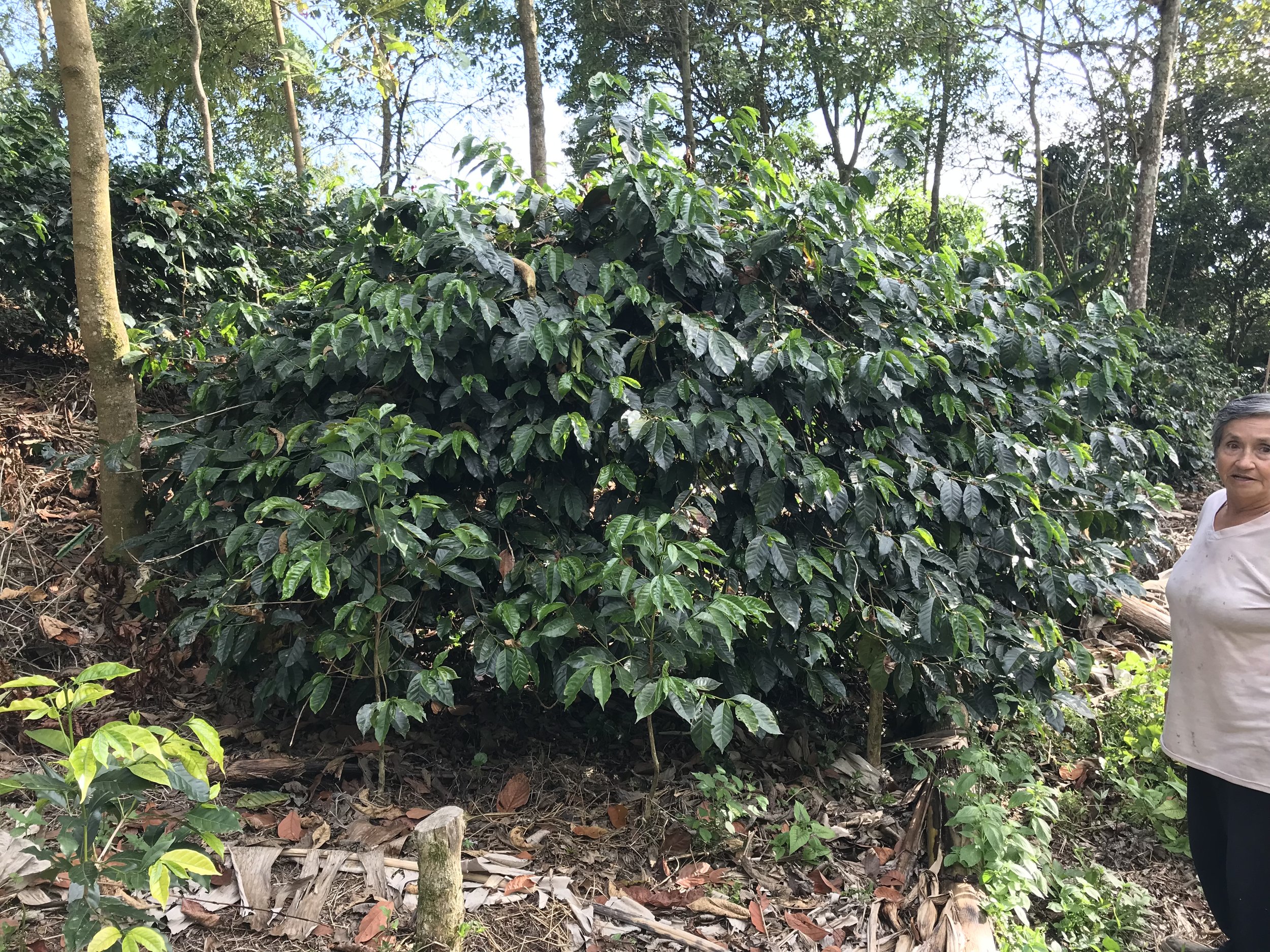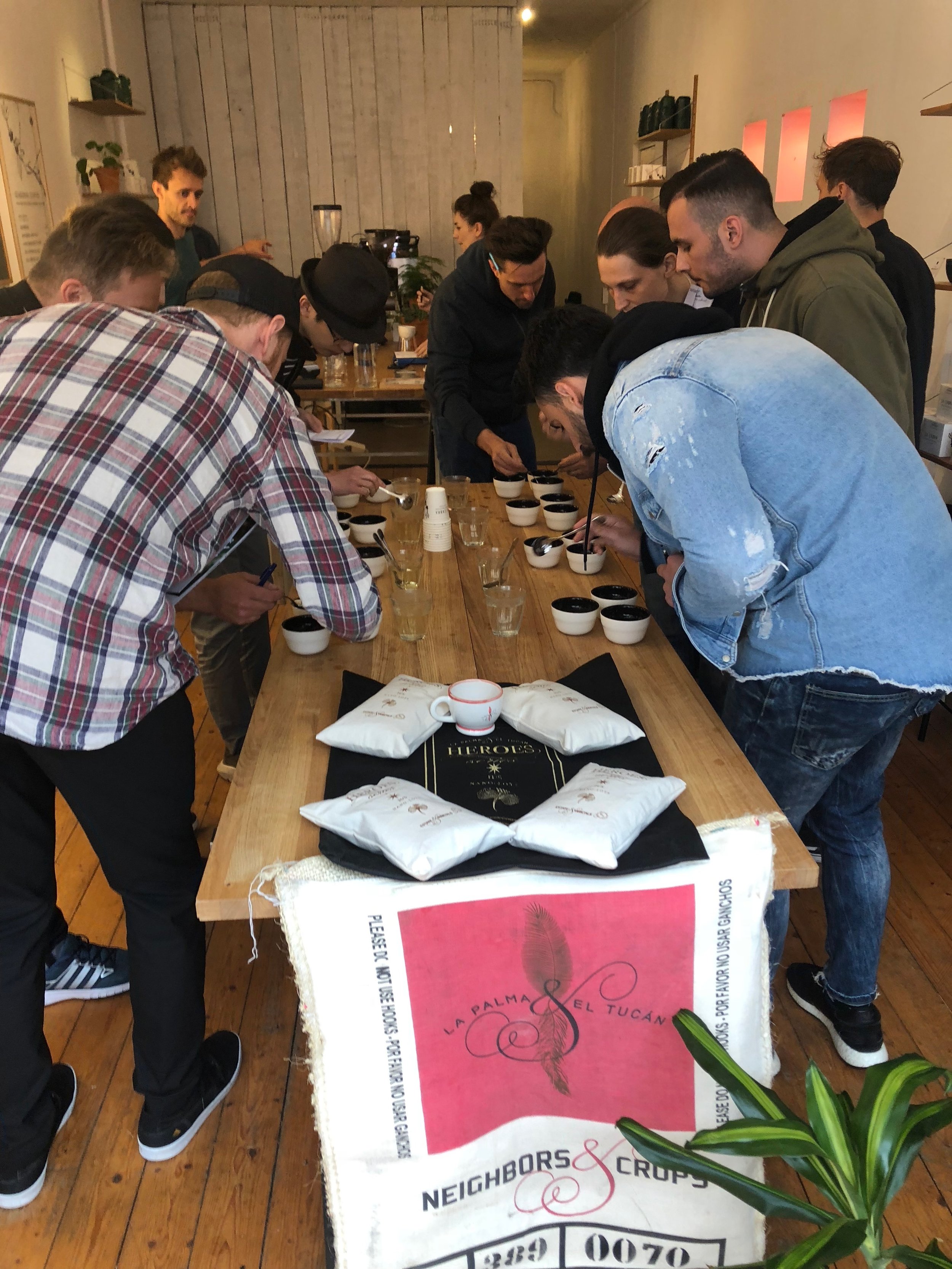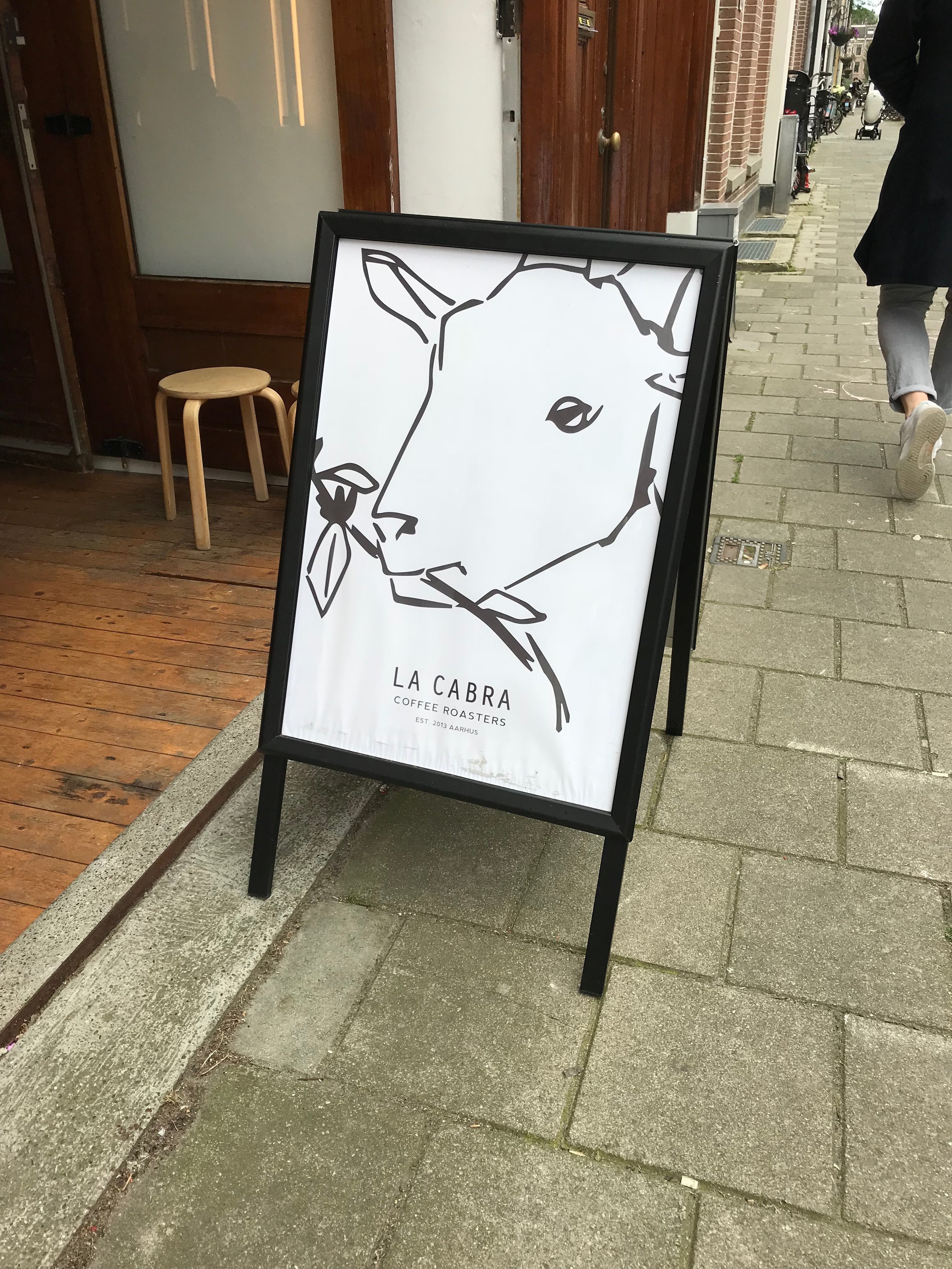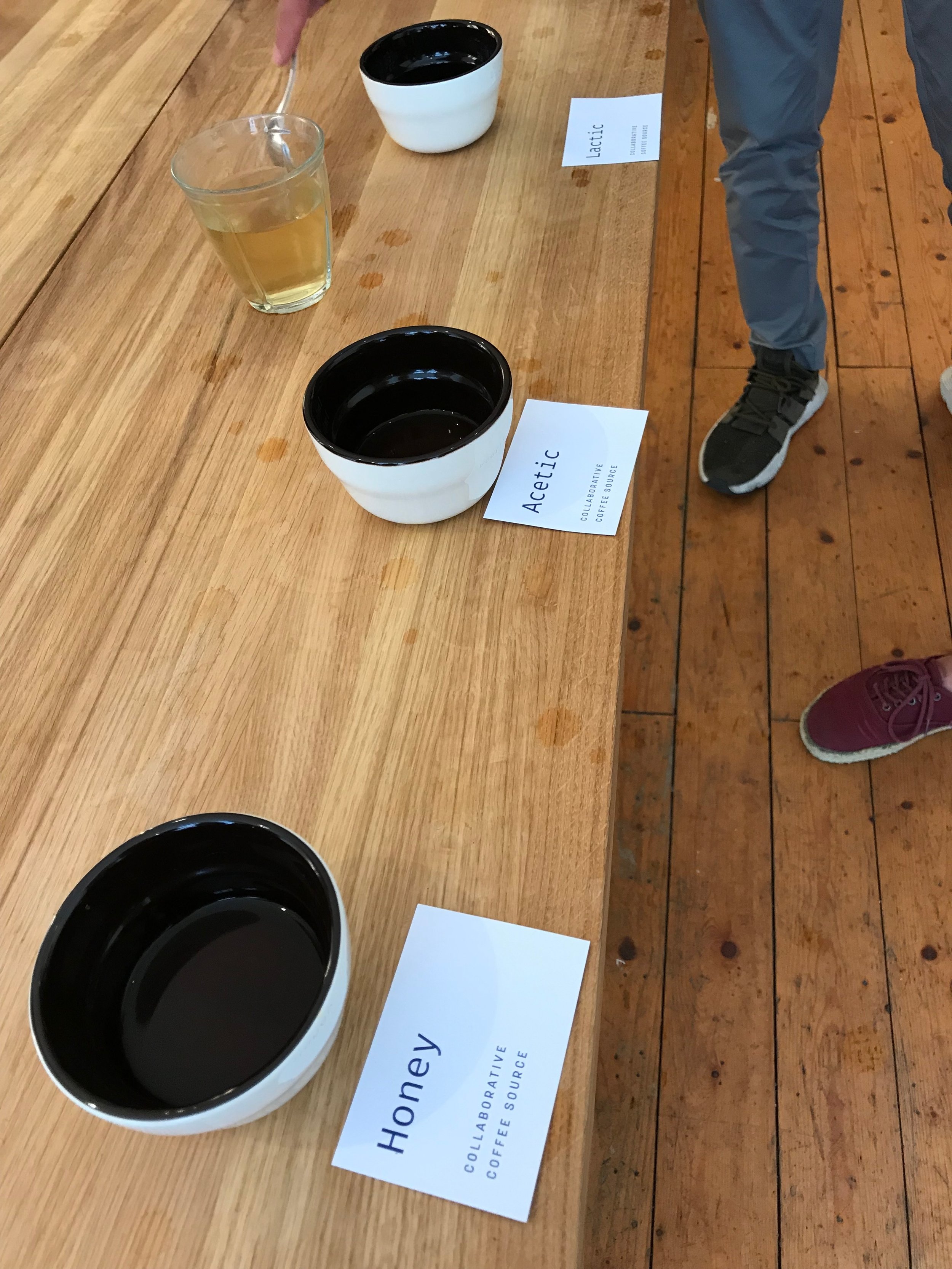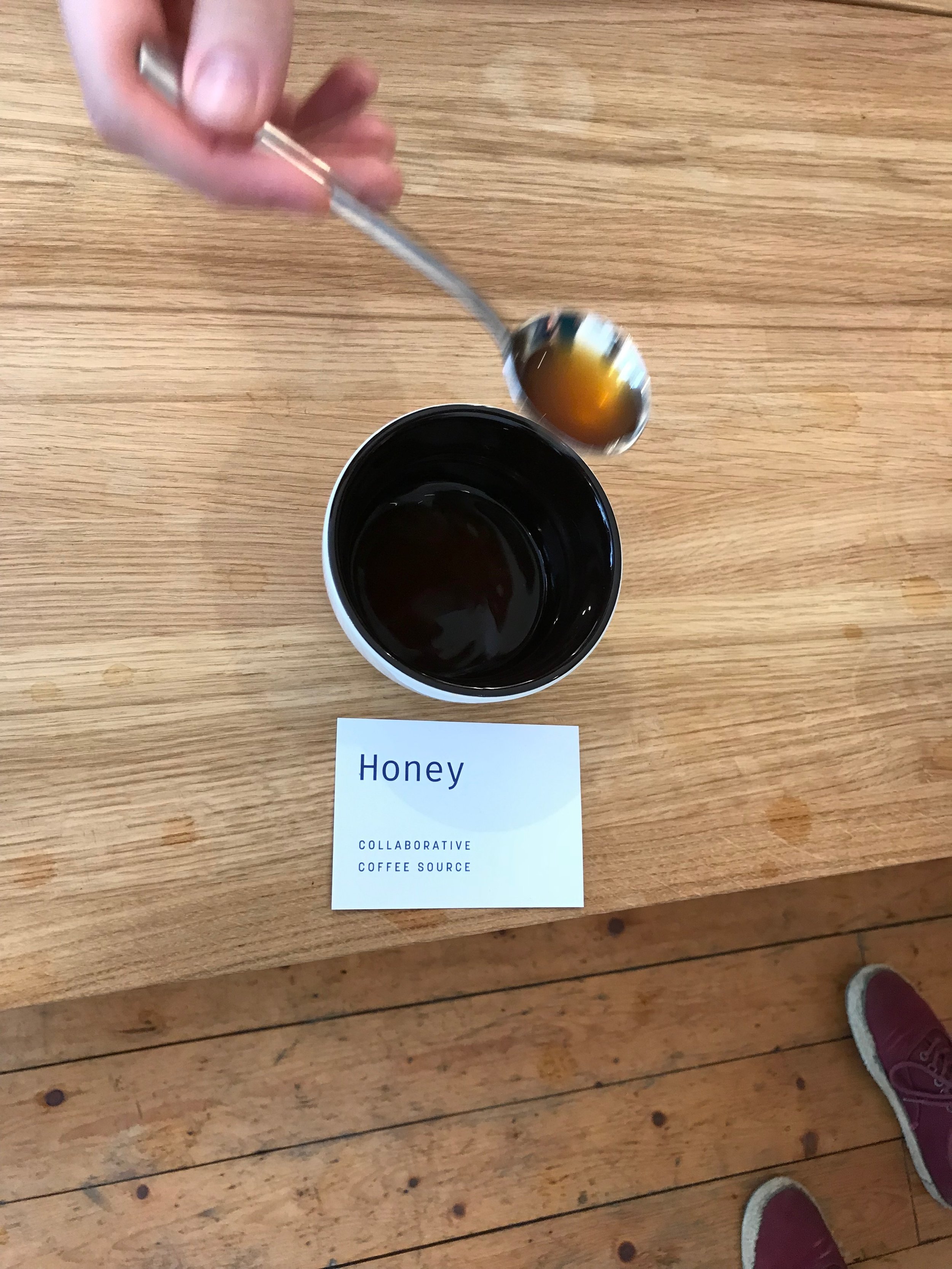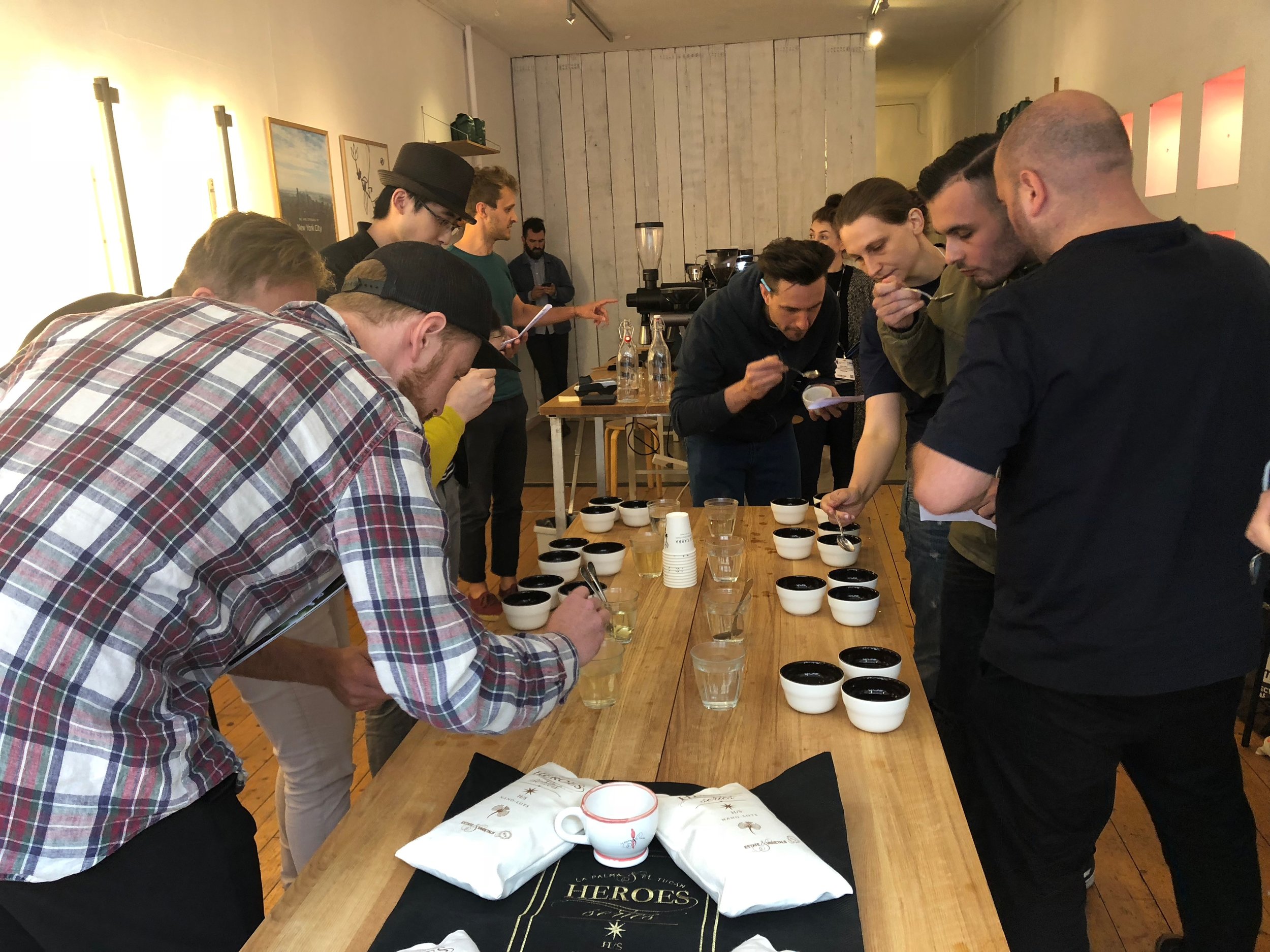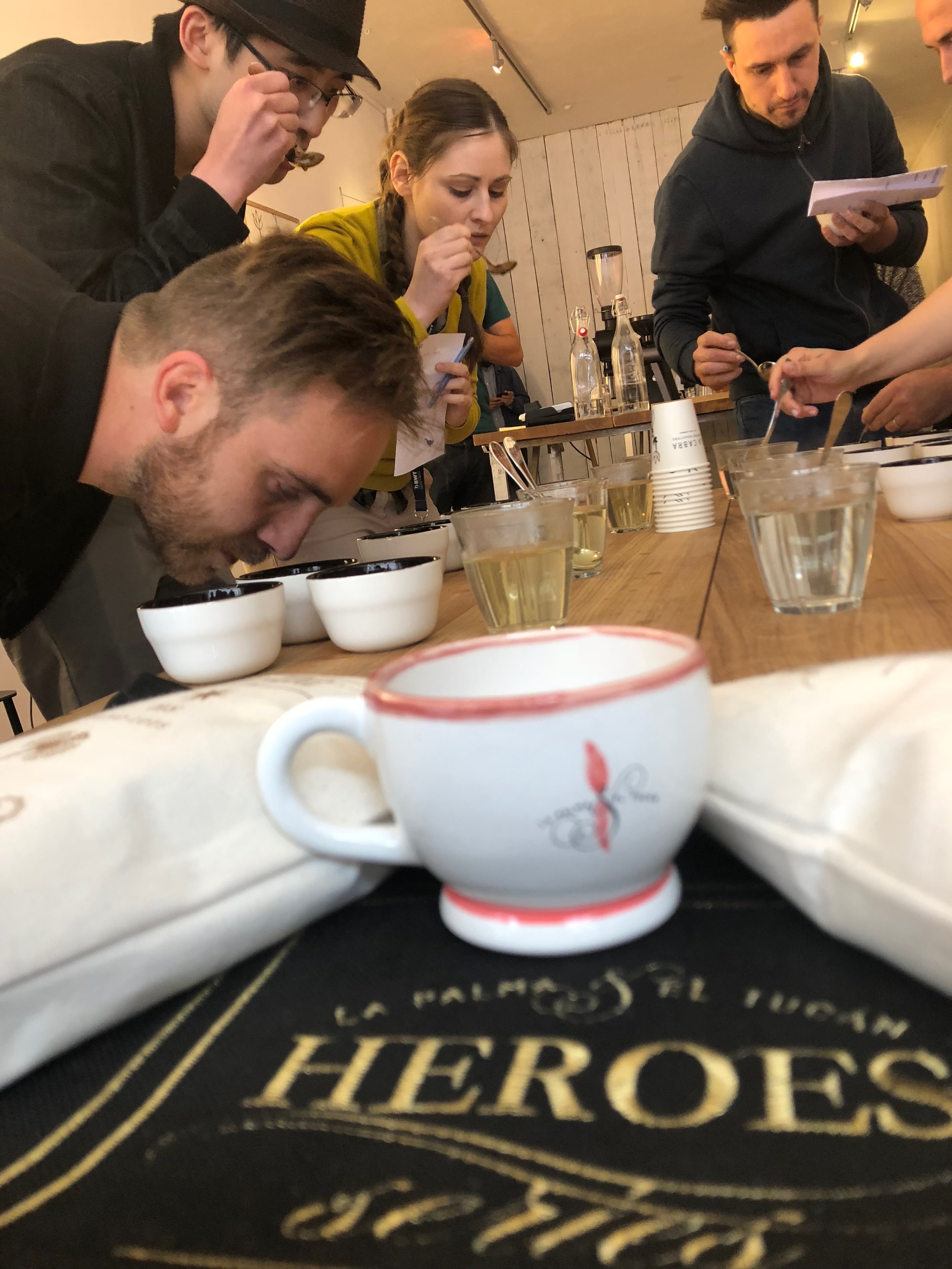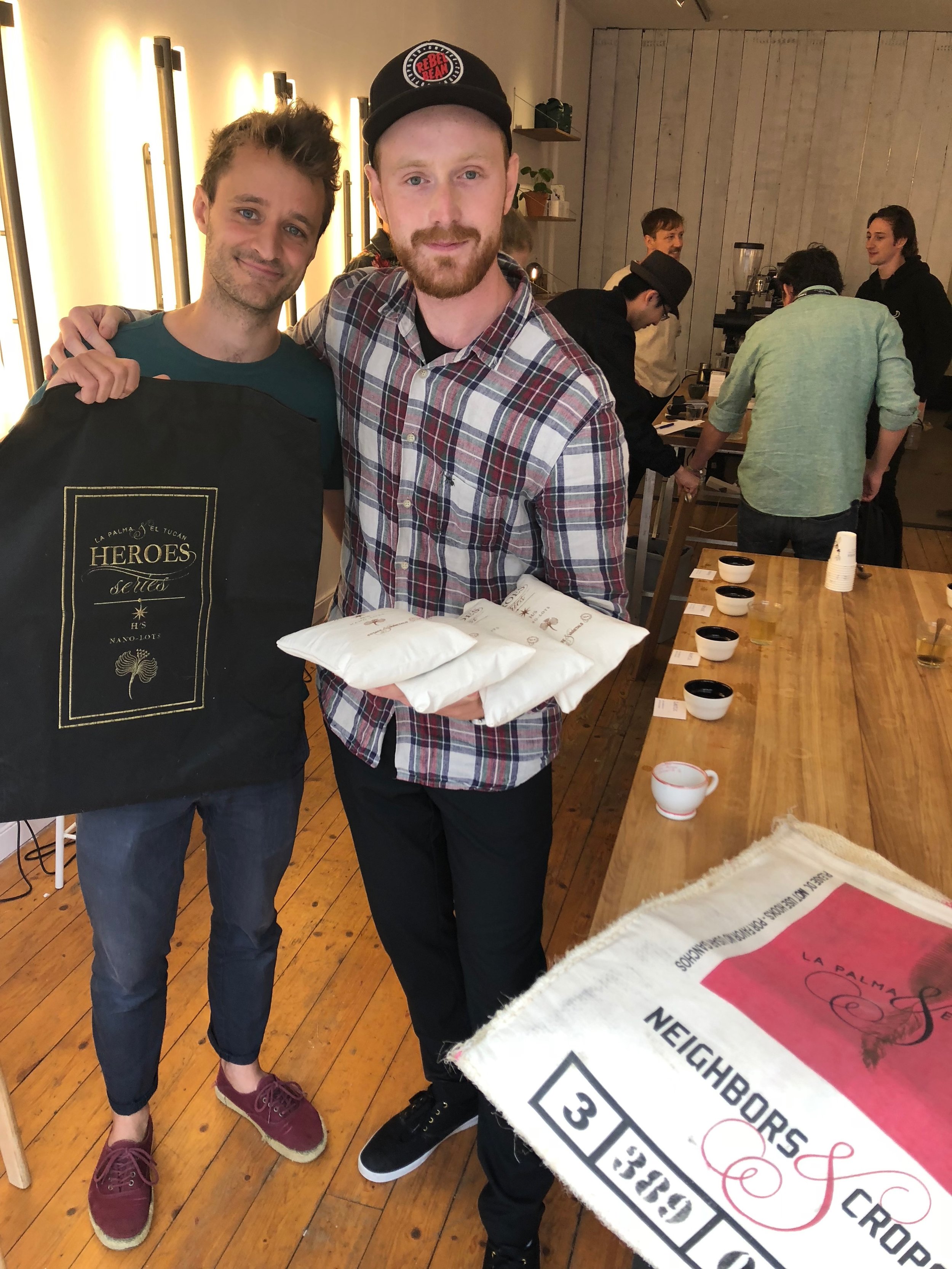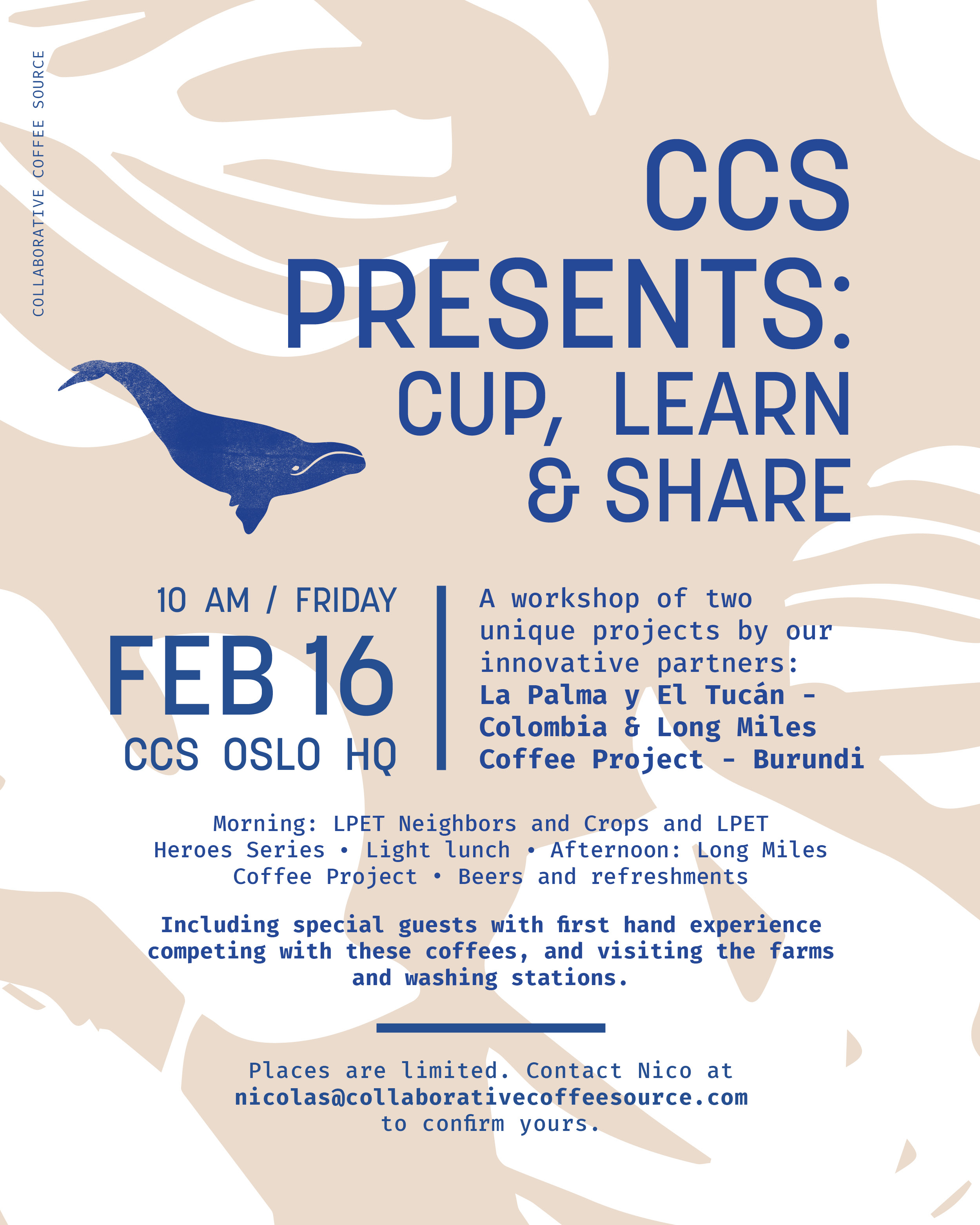THIS BLOG POST IS THE THIRD IN A THREE-PART SERIES. READ PART 1, AND PART 2.
In Part 1 of this blog series, Nico wrote about La Palma y El Tucán’s (LPET) impressive social impact. In Part 2 he outlined LPET’s rigorous approach to quality.
In this final blog post, I will tell you about BIODIVERSAL, a new project from the founders of LPET which seeks to support coffee growers and their land by diversifying and marketing their crops.
Barriers to sustainable coffee production in Colombia
Coffee has been integral to Colombia’s rural economy for decades, but its current model is unsustainable. With the C-Price at an historic low, farmers struggle to cover the cost of their production. For some, it seems if they want to put food on the table their two options are to stay on their farm and grow a more profitable crop, often illicit products like coca, used in the production of cocaine. Alternatively they can head to the city where there are more economic opportunities.
“As the average age of coffee farmers rises above 60 and their children seek non-farm employment or migrate to cities, the coffee sector will lose its viability,” said Felipe Sardi, cofounder of LPET.
Additionally the mono-culture farming often practiced today is depleting the soils and requires more and more expensive chemical inputs.
“We are convinced that coffee alone cannot generate adequate income to enable sustainable progress out of poverty or opportunities for the next generation of farmers,” Felipe said.
They also see that monocultural coffee production is environmentally damaging, and vulnerable to global warming, which threatens to reduce viable coffee growing land in Latin America by 88% by 2050, according to the SCA.
Biodiversity is one answer
Felipe and cofounder, Elisa María Madriñan, see crop diversification as the answer to many of these issues. This involves cultivating other agricultural products in addition to coffee, to give farmers an additional source of income, and reduce the environmental impact of monoculture agriculture. Of course, this is LPET, so rigorous processing to uphold the highest quality in all products is the foundation of their project, giving farmers access to specialty markets for all of their crops. This is the core ideal behind BIODIVERSAL.
“It brings forward a diverse pool of value-added agricultural products cultivated and sourced in a way that protects the community and the environment,” Felipe explained.
“In today’s system, farmers have been encouraged, and eventually forced, into producing monocultures. We want to break this cycle. With the collaboration of our neighboring farmers, we will produce, transform, and commercialize value-added products in an array of local and global markets.”
While this appears simple on paper, it involves great risk for the producer. Many come from a long line of coffee growers, so coffee is the crop they understand. Removing coffee trees and planting alternative crops presents many challenges, they may not know what will grow well on their land, or have access to the market for that agricultural product.
With BIODIVERSAL, Felipe and Elisa plan to raise capital for the necessary agricultural research and development, to learn the highest standard processing methods, and to find the specialty markets for these new products.





Holistic business model
The core idea behind BIODIVERSAL is to generate added value. This means transforming raw materials into something closer to the final product. Felipe noted, this requires a process of “continuous innovation in production, processing, and marketing to establish more direct, relationship-based trade between farmers and consumers in a high-quality agricultural market.”
Farmers involved in the project will benefit from LPET’s experience and expertise in design and marketing. The team intend to focus on the local market first, to reduce the carbon footprint of their products. “While we understand the importance and value of an international market,” Felipe said, “we want to focus on our local niche markets before branching out.”
Felipe refers to the multiple players required to make this business model work as a “symphony of collective efforts.”
Farmers are the production experts and caretakers of our ecosystems. Experienced entrepreneurs and investors bring the capital and experience to create value-added products through investments in technology and innovation. Conscious consumers support the project by seeking quality and the highest standards of ethical and ecological principles in the products they purchase.
THE PILOT PROJECT
BIODIVERSAL will begin with a pilot project, working with twenty small-scale farms located around LPET´s farm in Cundinamarca, Colombia. The team have already leased a two hectare farm that meets all the characteristics of an average coffee farm in the region. They plan to implement four different BIODIVERSAL farming designs that will include over 24 species in addition to coffee. The results of these experiments will be shared with the local community and farmers. Farms will be divided into four groups, five farms will replicate one design, so that twenty farms can help test all four designs. Sixteen farms have already signed up for the challenge, all of which belong to LPET’s Neighbors & Crops Program.
Some of the agricultural products that they intend to produce include:
Coffee
Pepper
Inca nuts
Archira (a local root vegetable used to make flour)
For shade:
Fourteen varieties of trees including Cedar, Chachafruto, Yarumo and Palm
For essential oil:
Lavender
Tumeric
Rosemary
Thyme
Citronella
Vetiver
For syrup:
Yacon
Following Colombia’s peace agreement and the withdrawal of FARC guerrillas from many parts of Colombia’s countryside, Felipe and Elisa see an opportunity to bring this new approach to conflict-prone areas. This could help farmers transitioning into legal crops create a more sustainable business model, strengthening peace in one of the world’s largest coffee producing countries.

